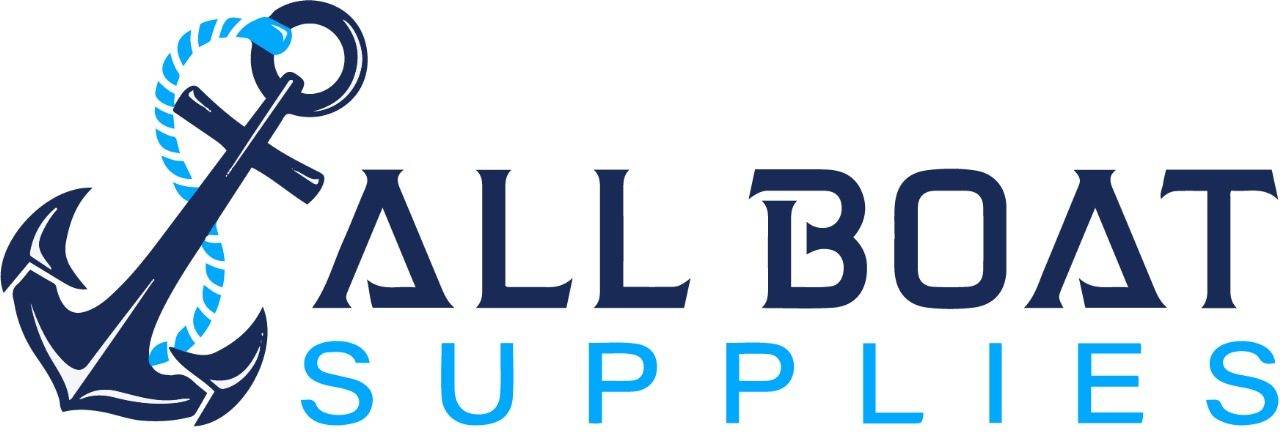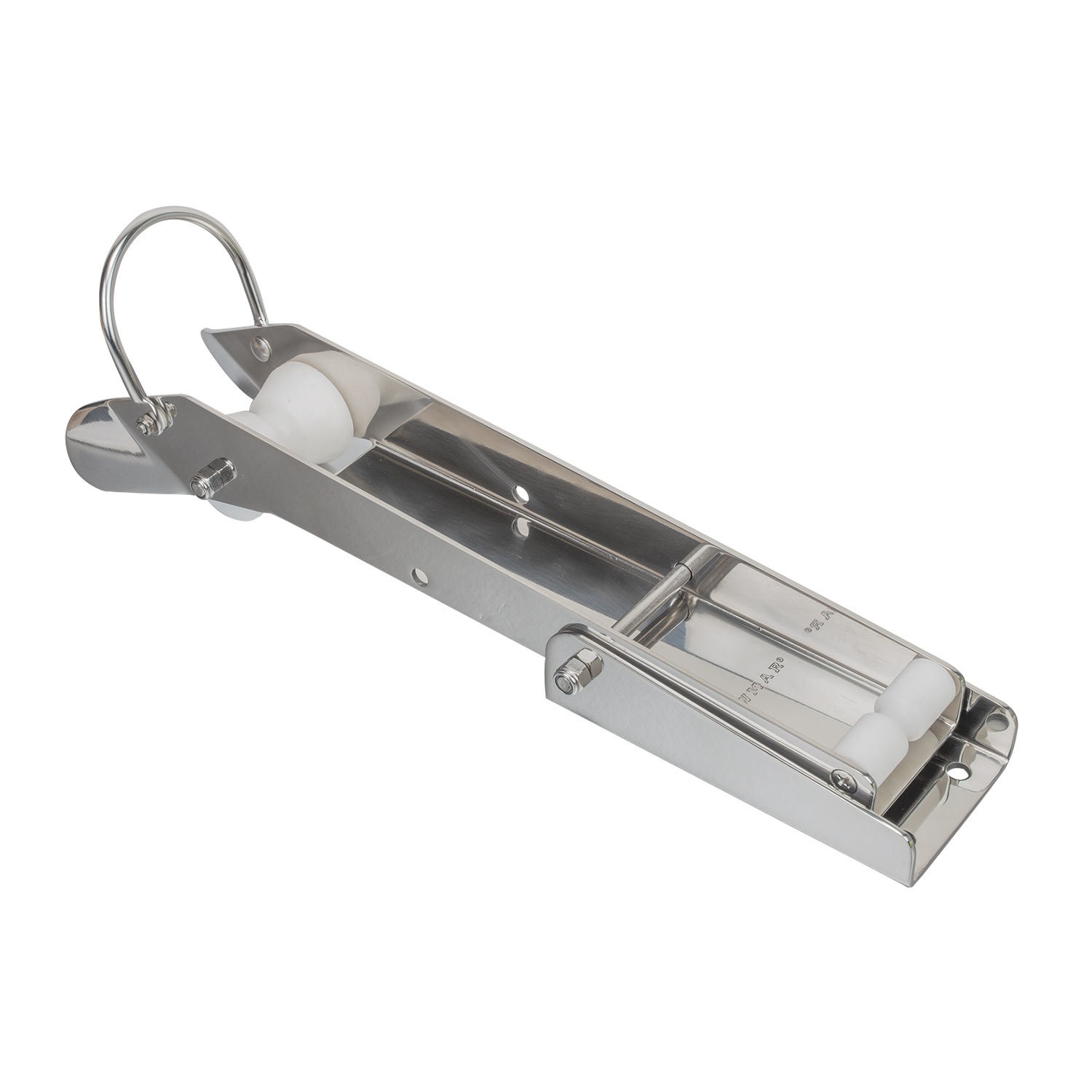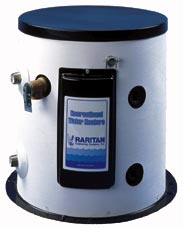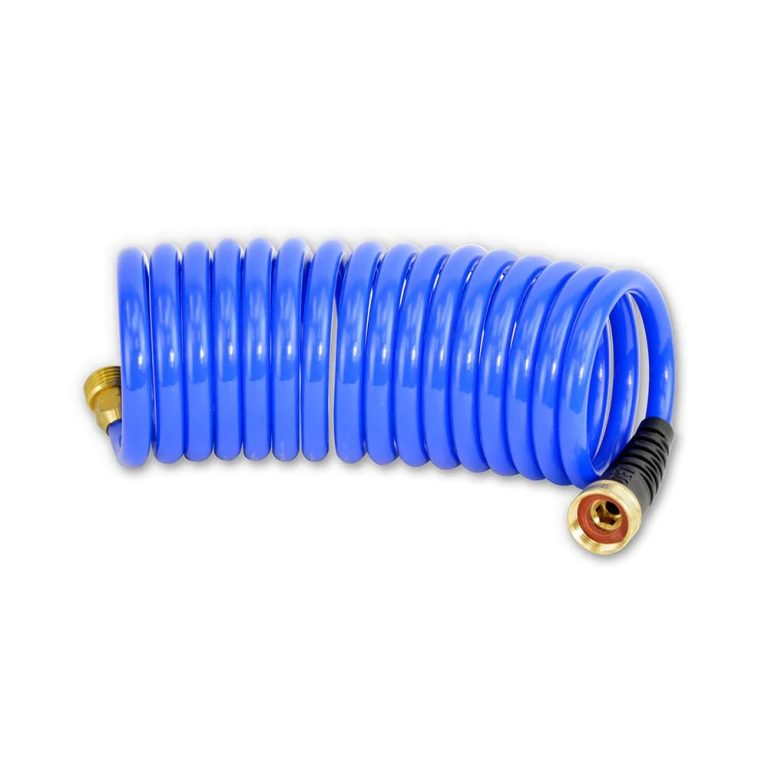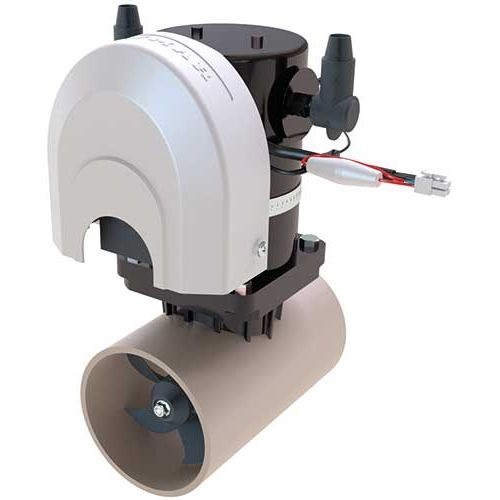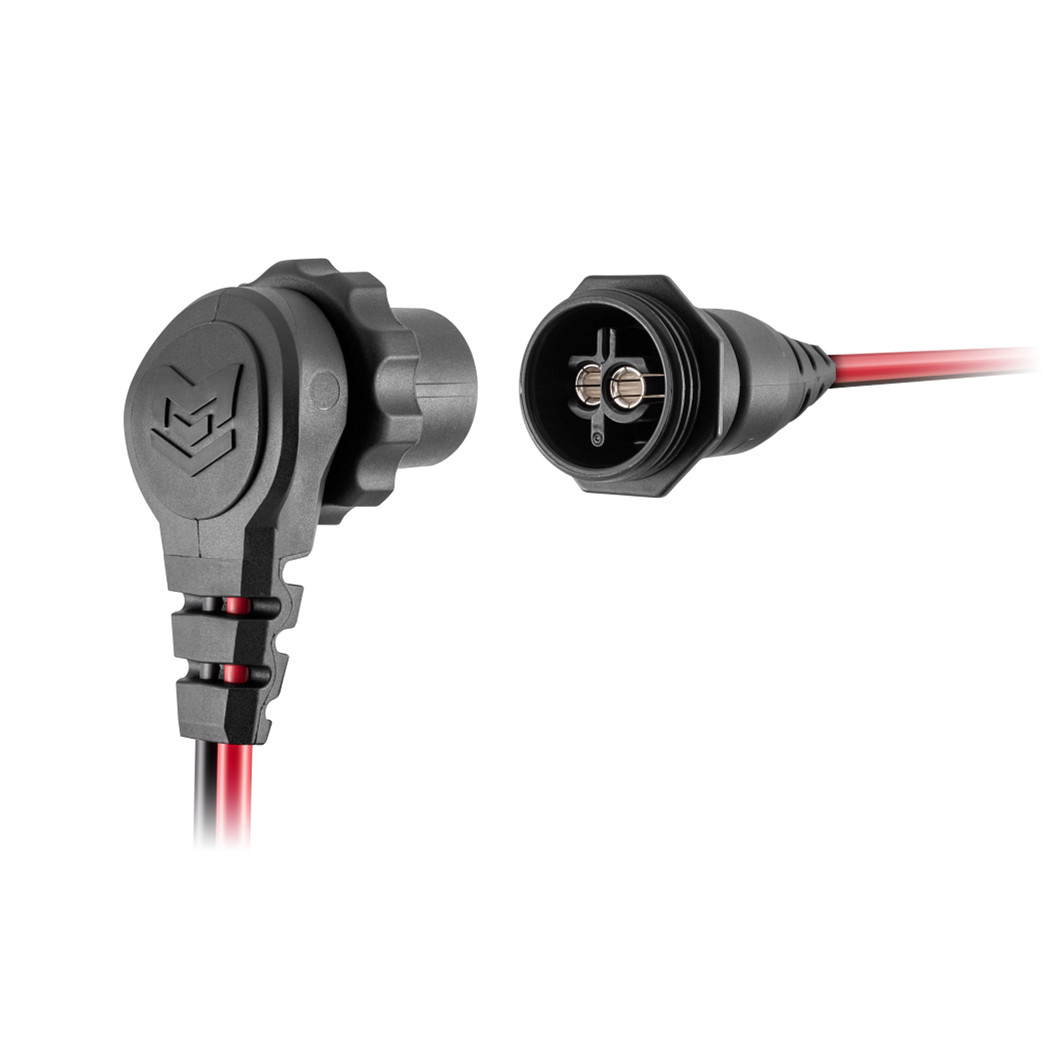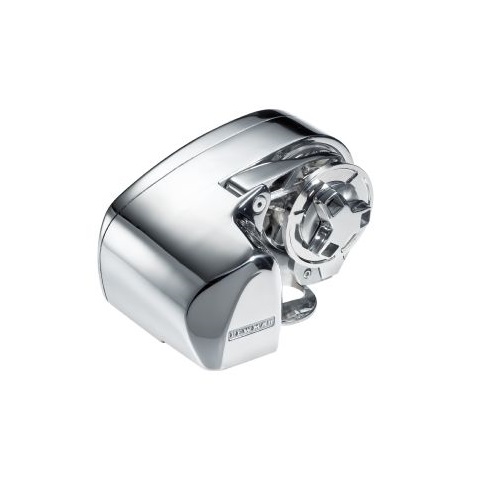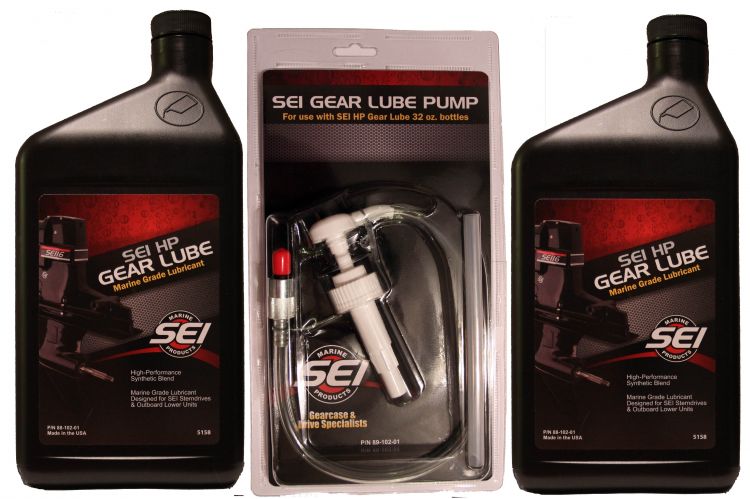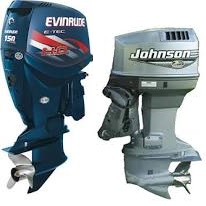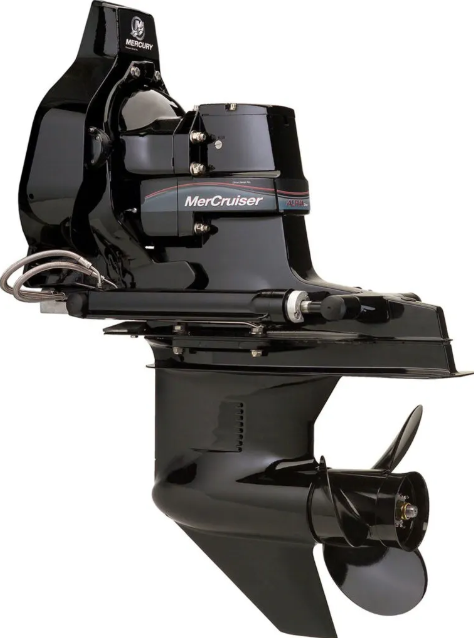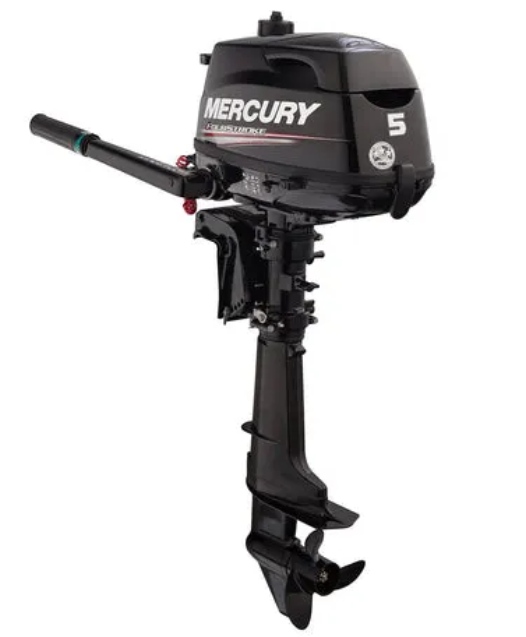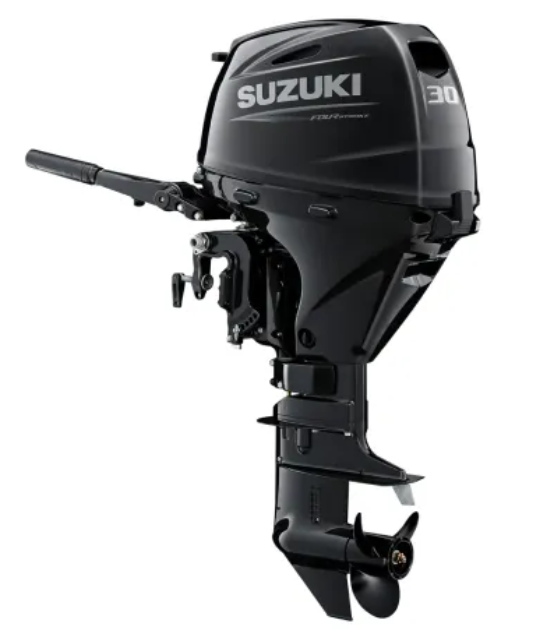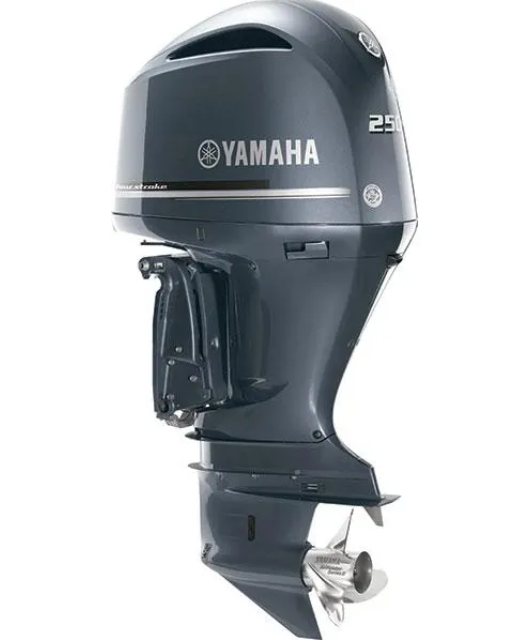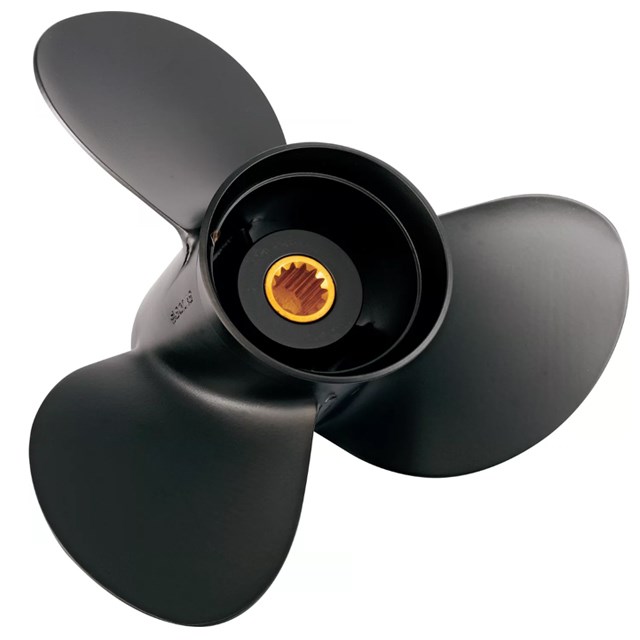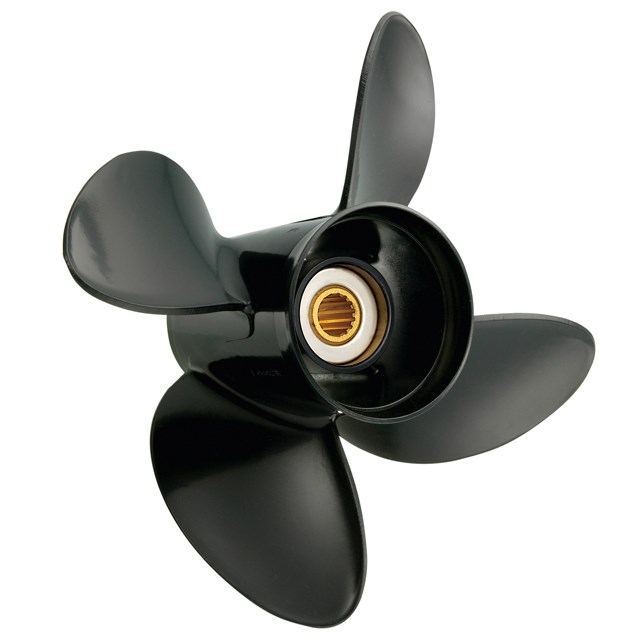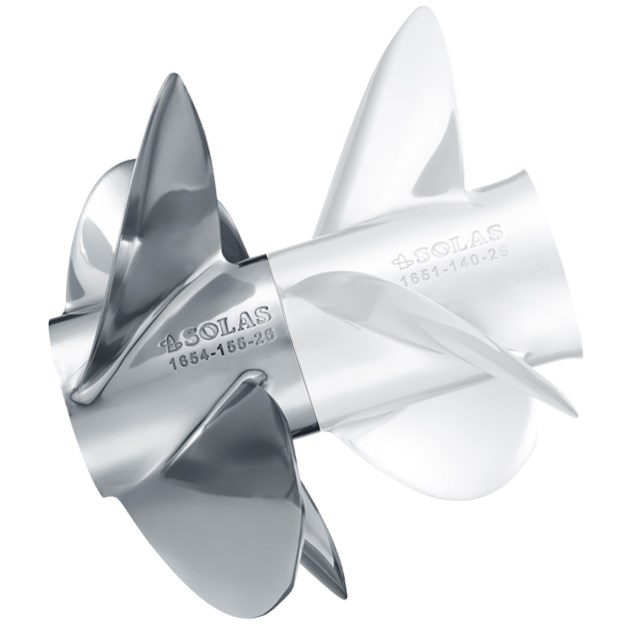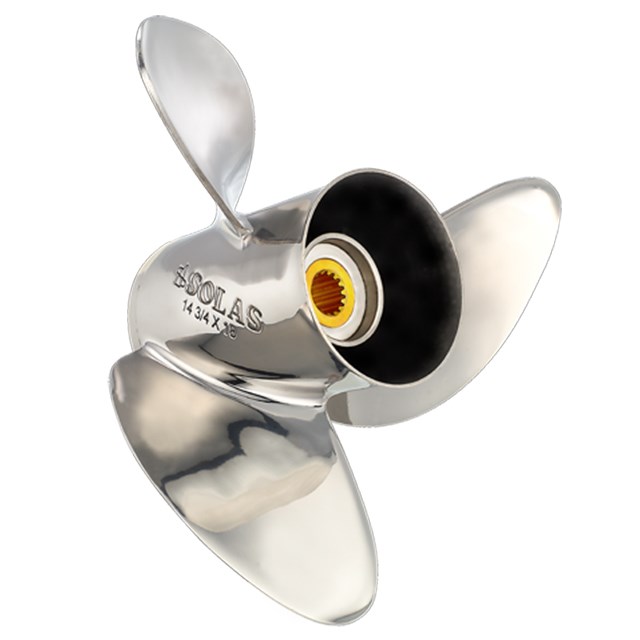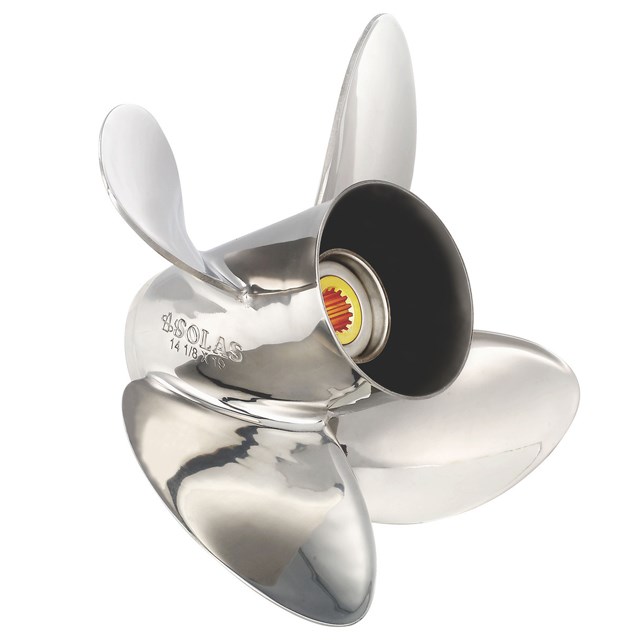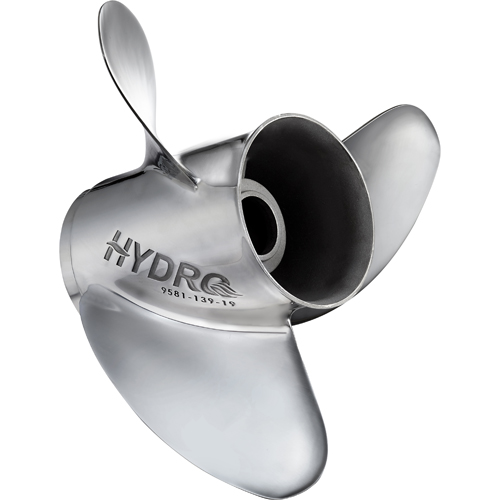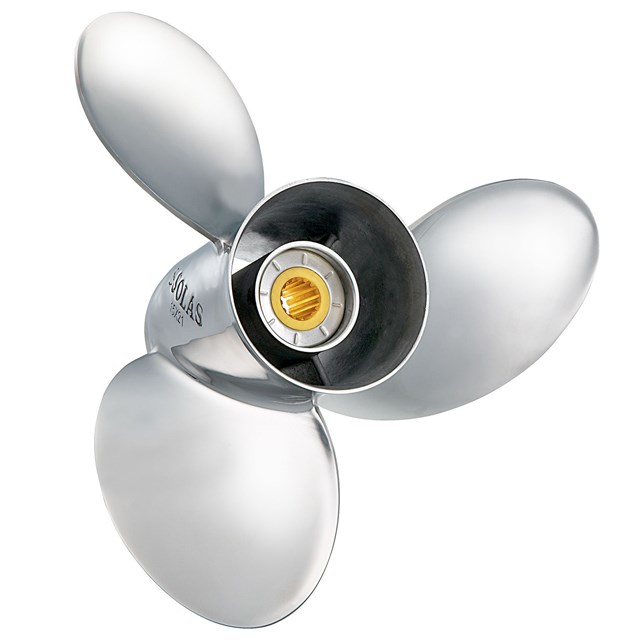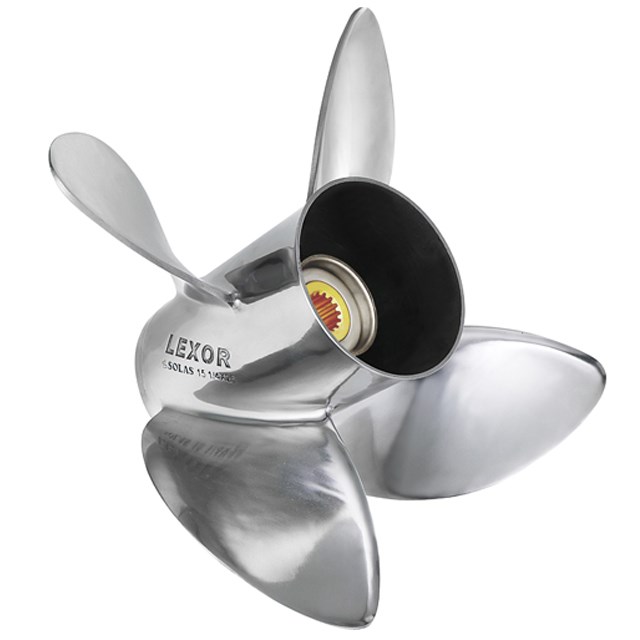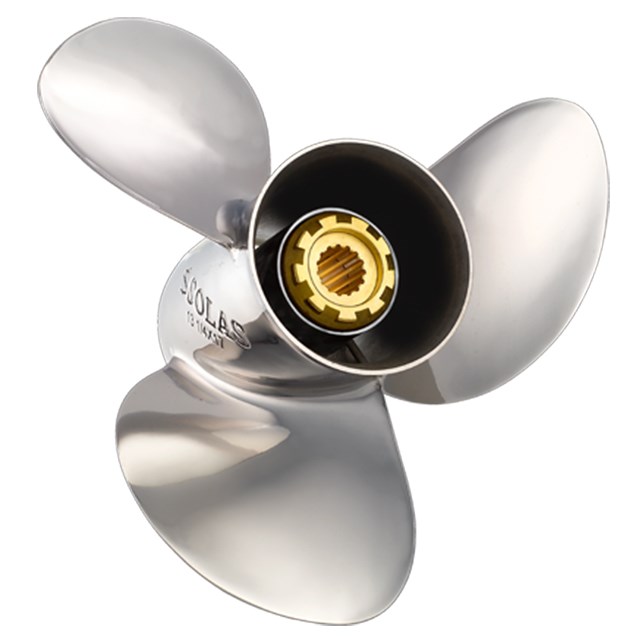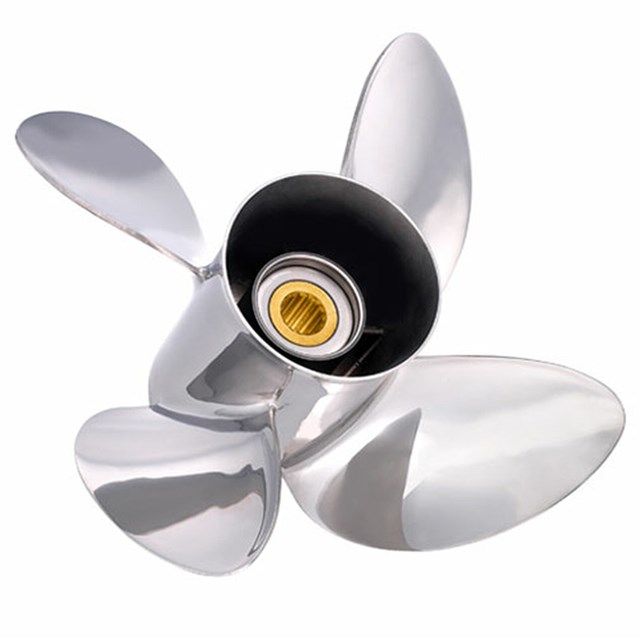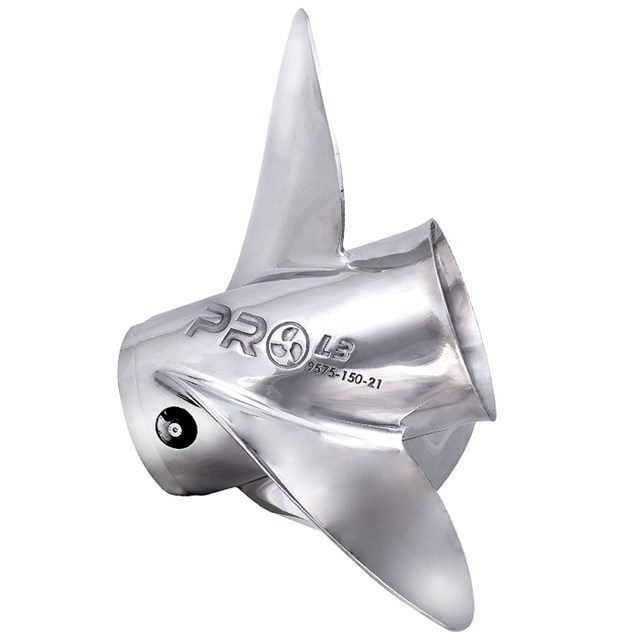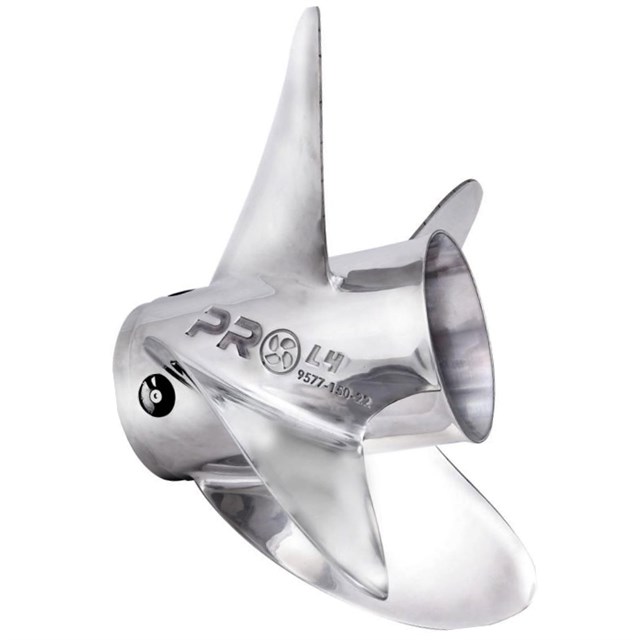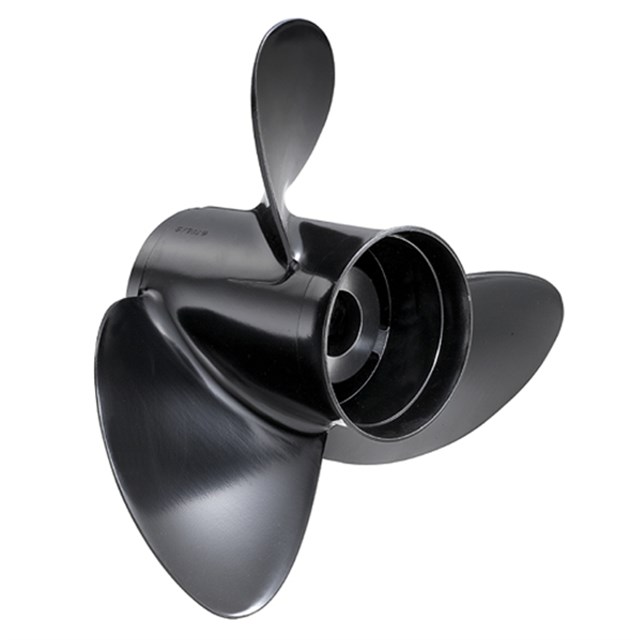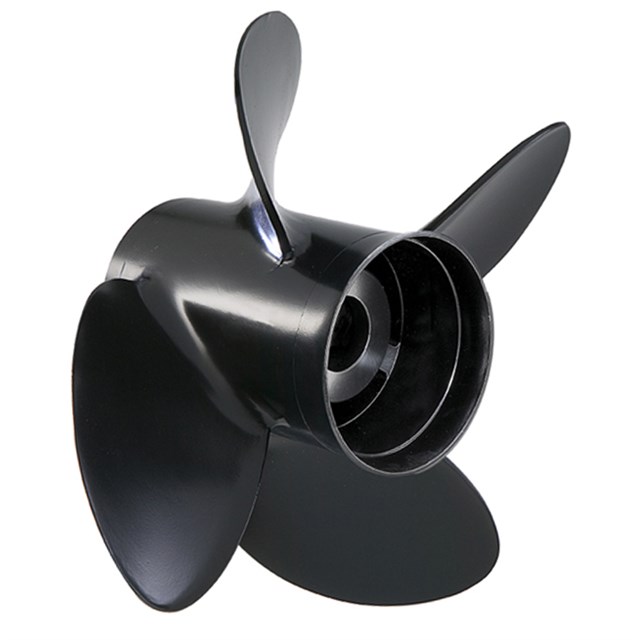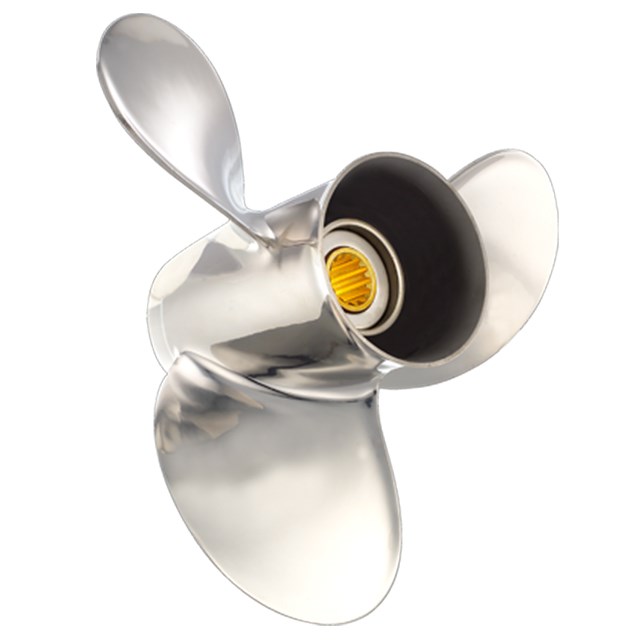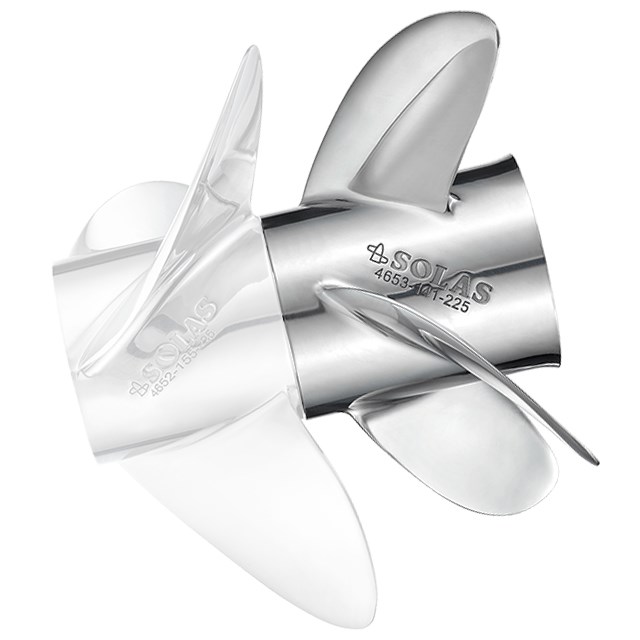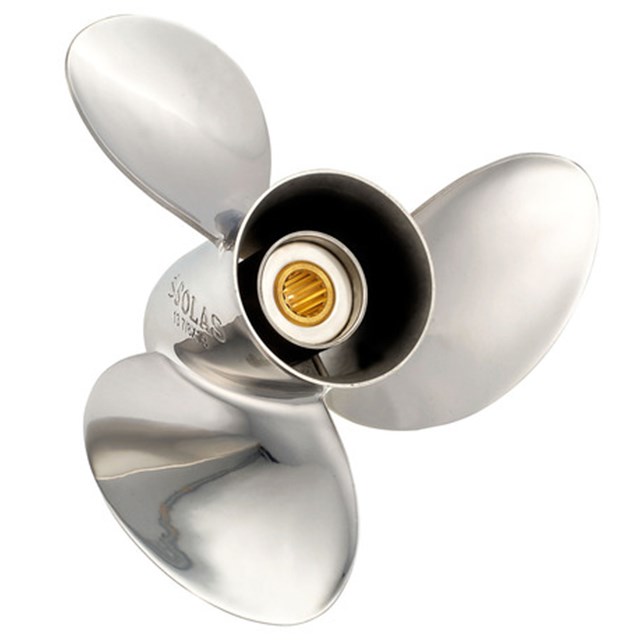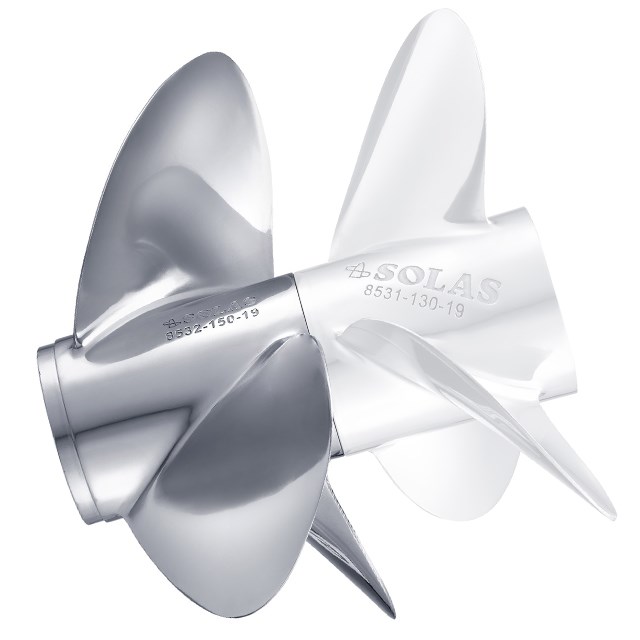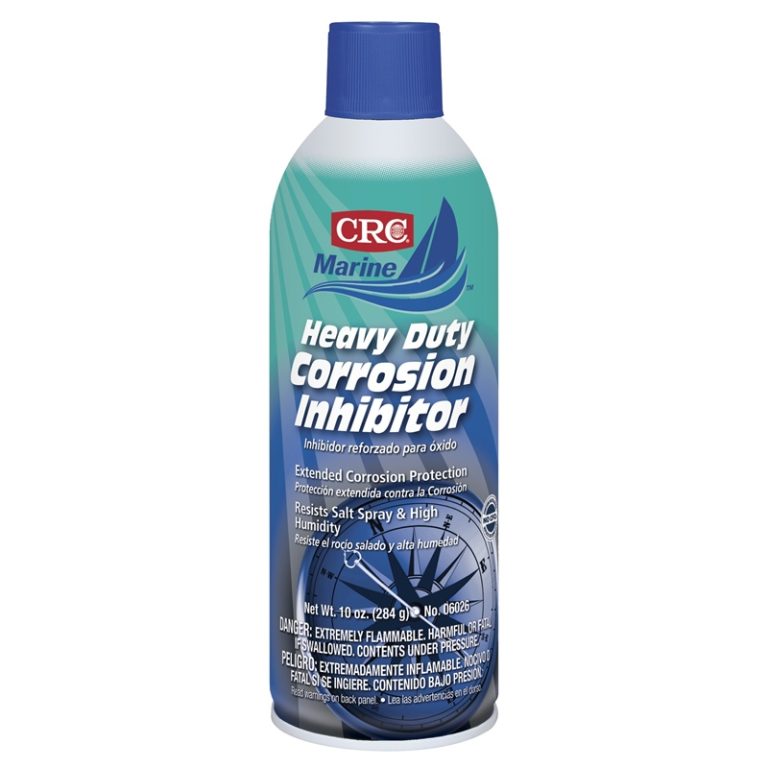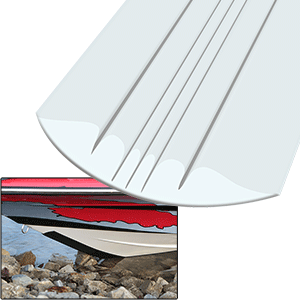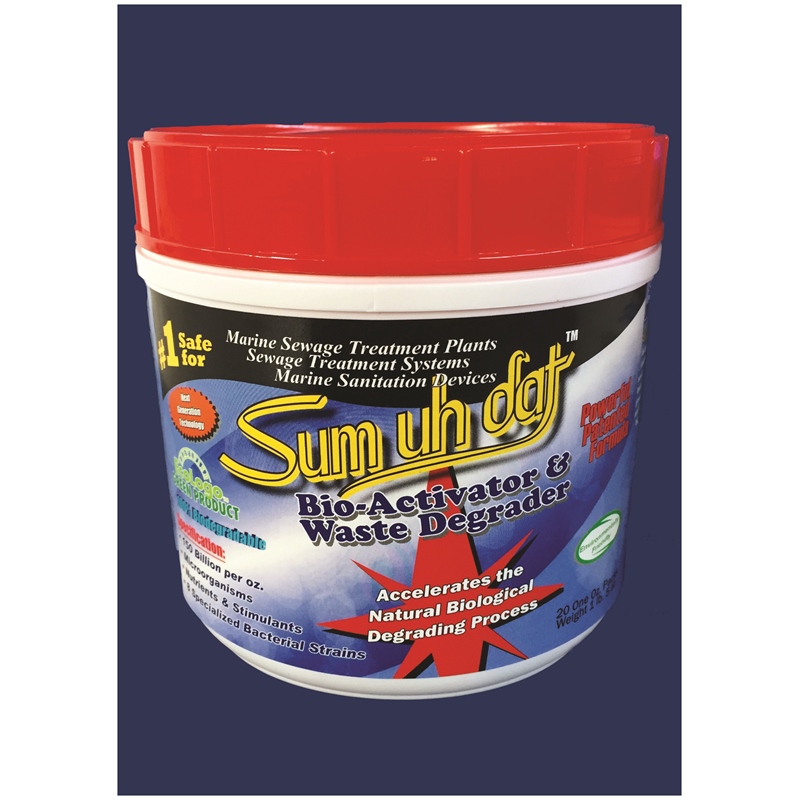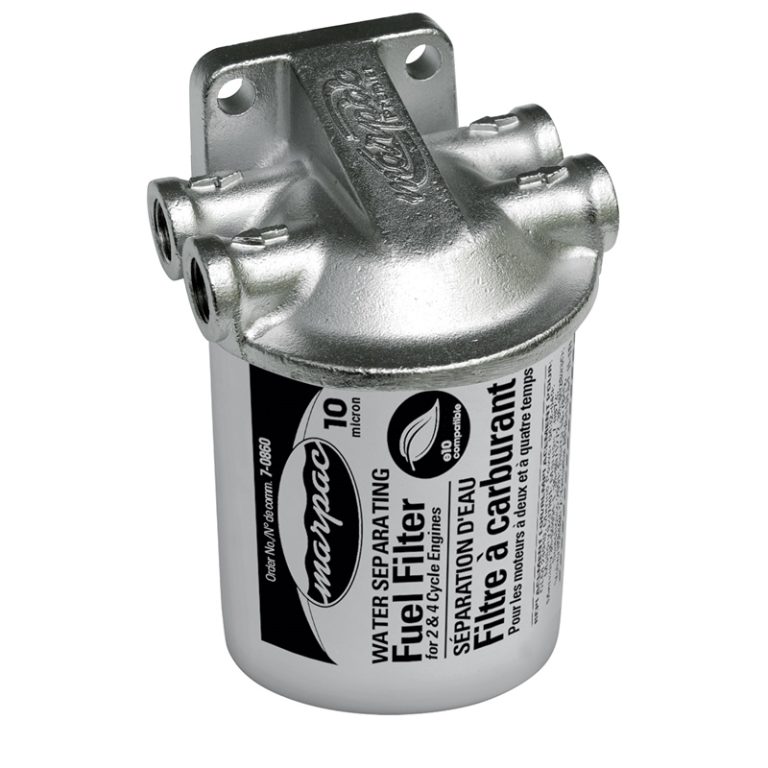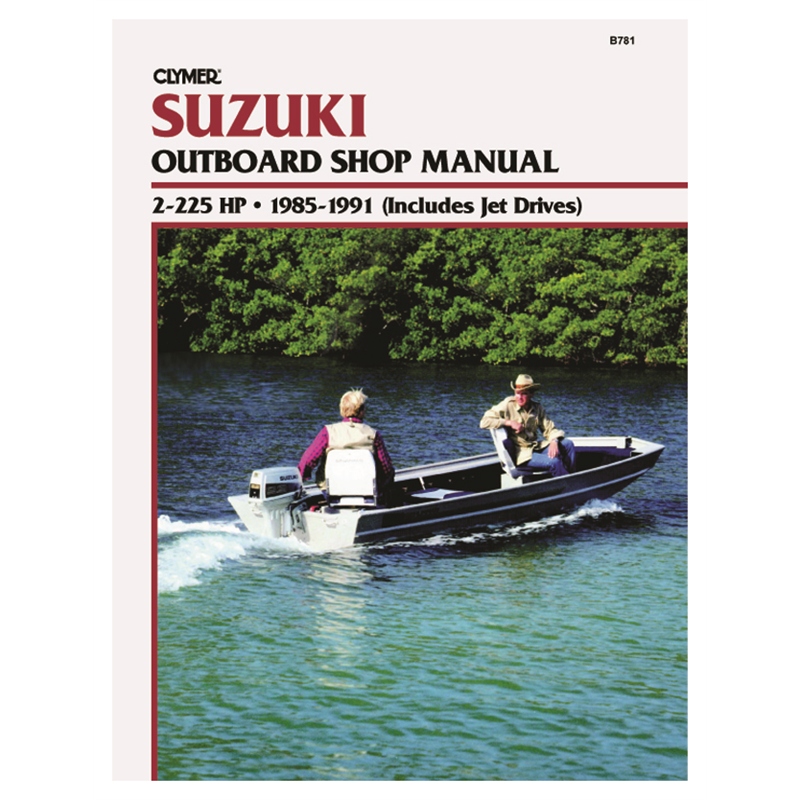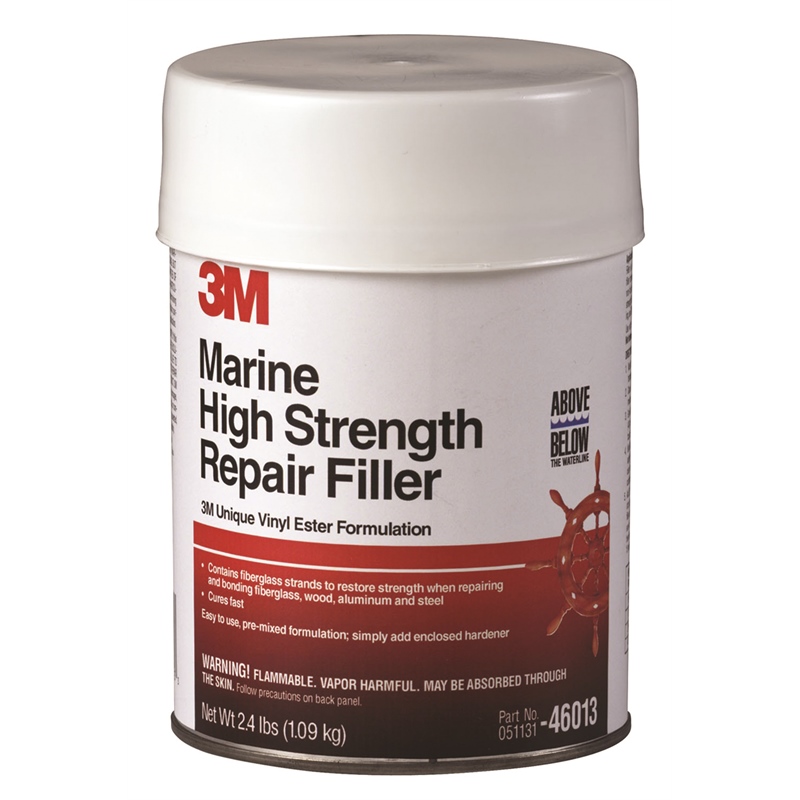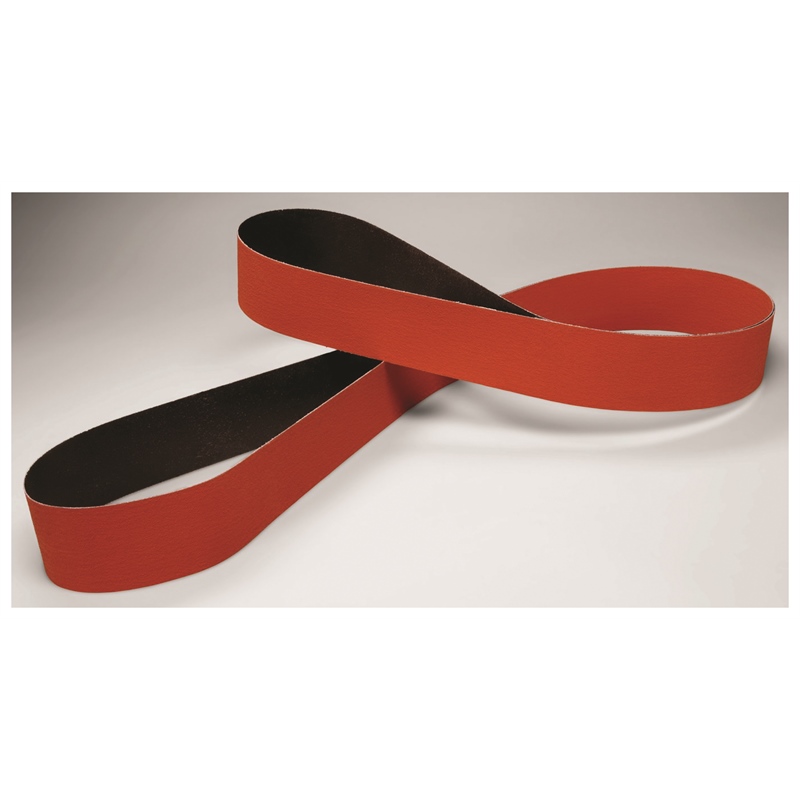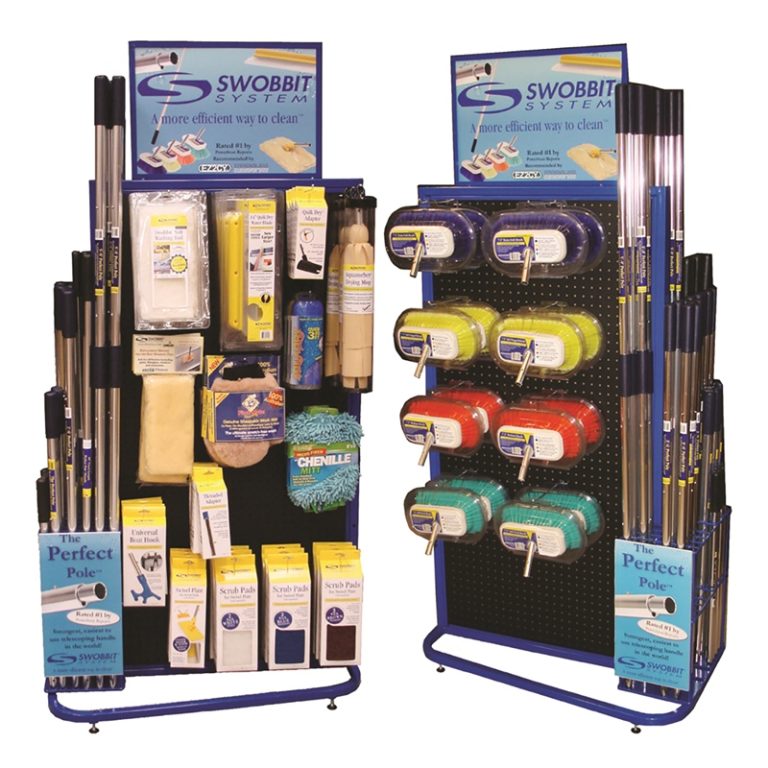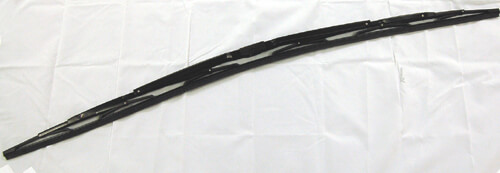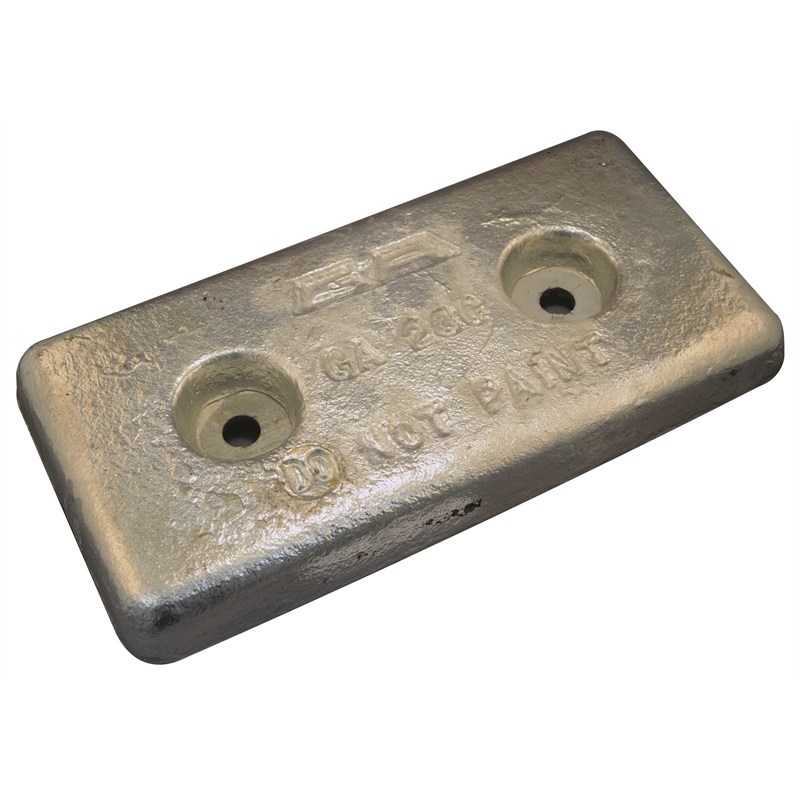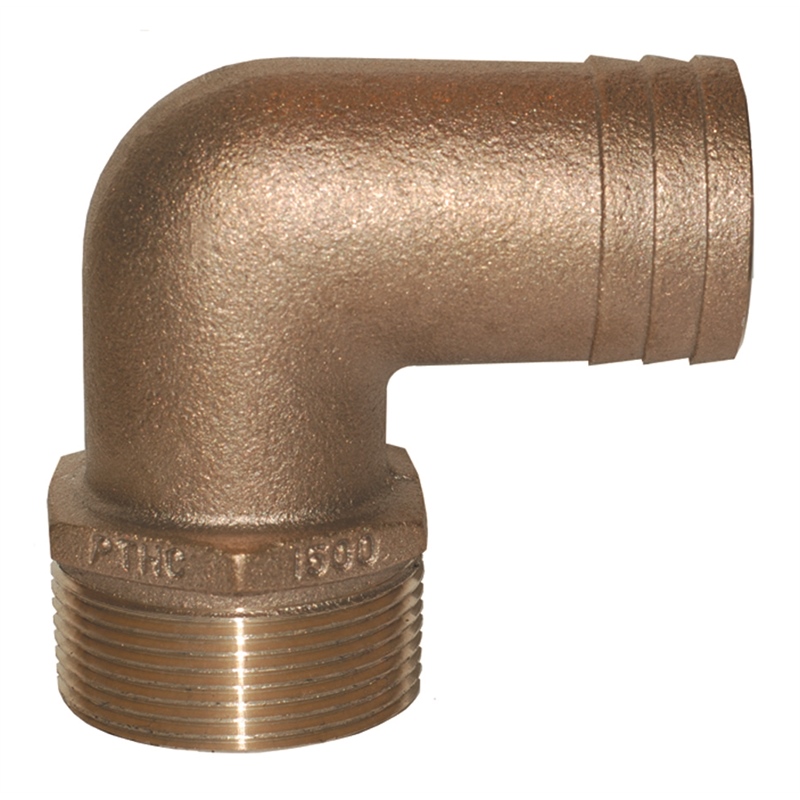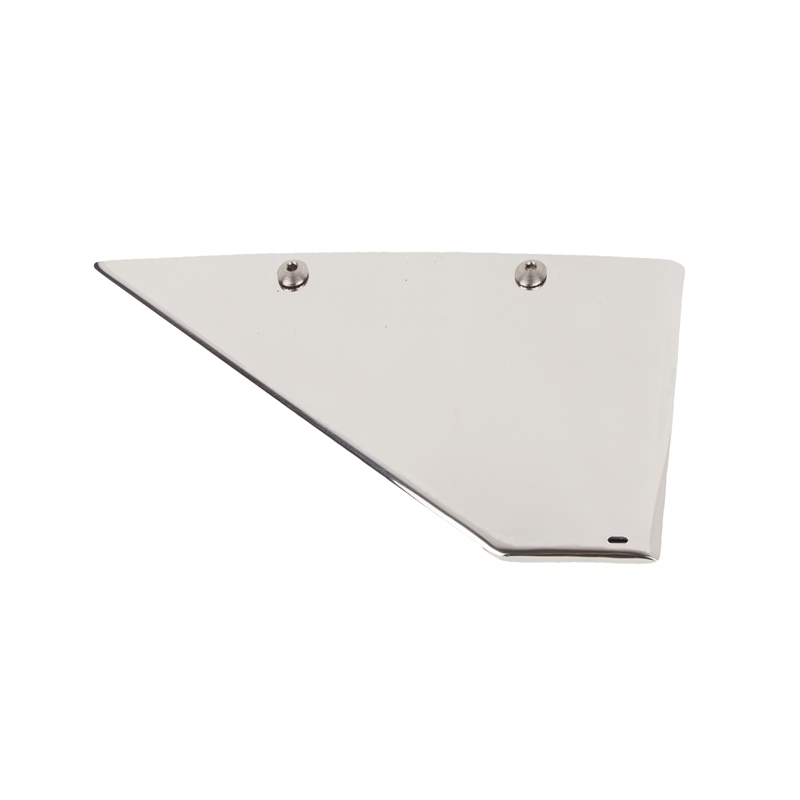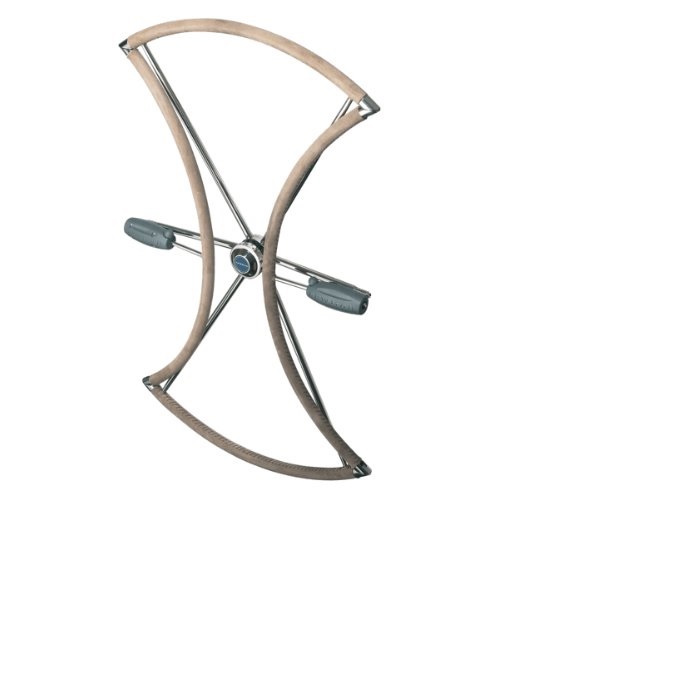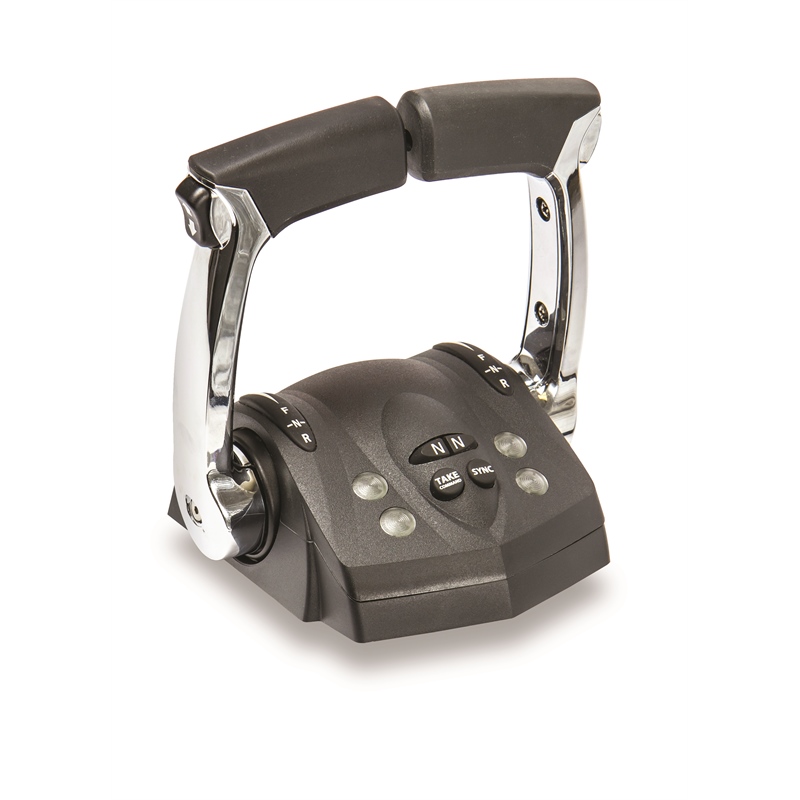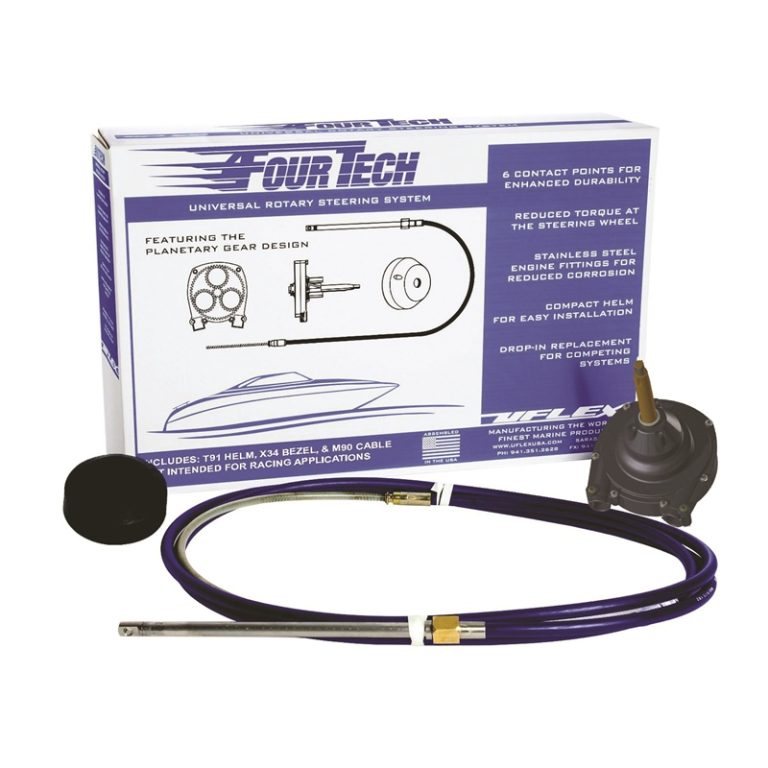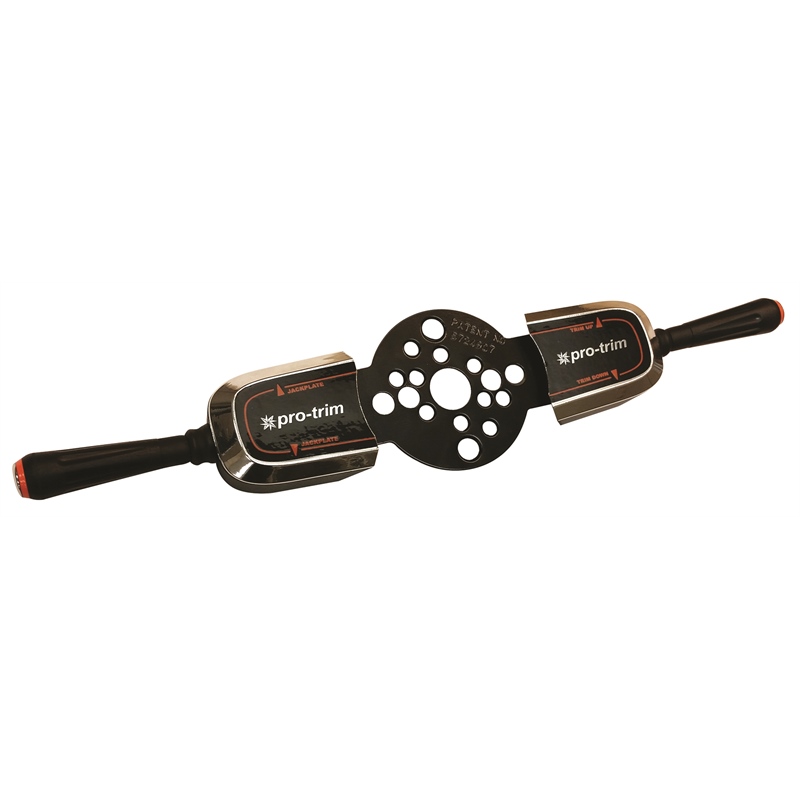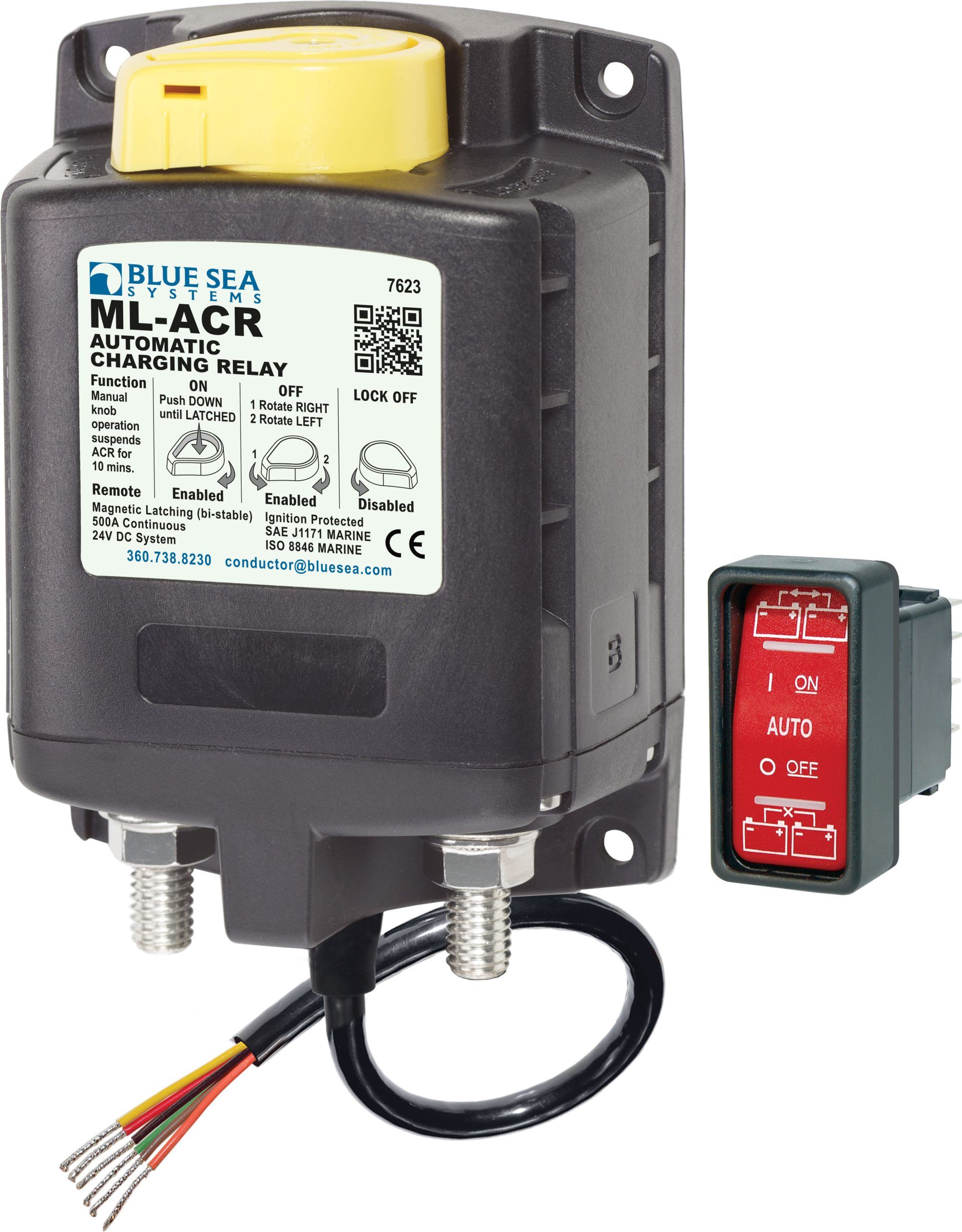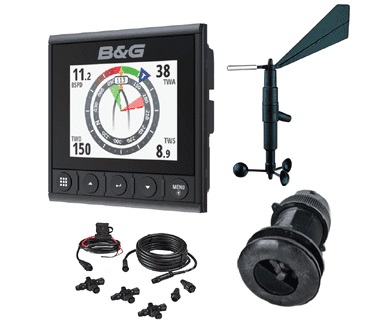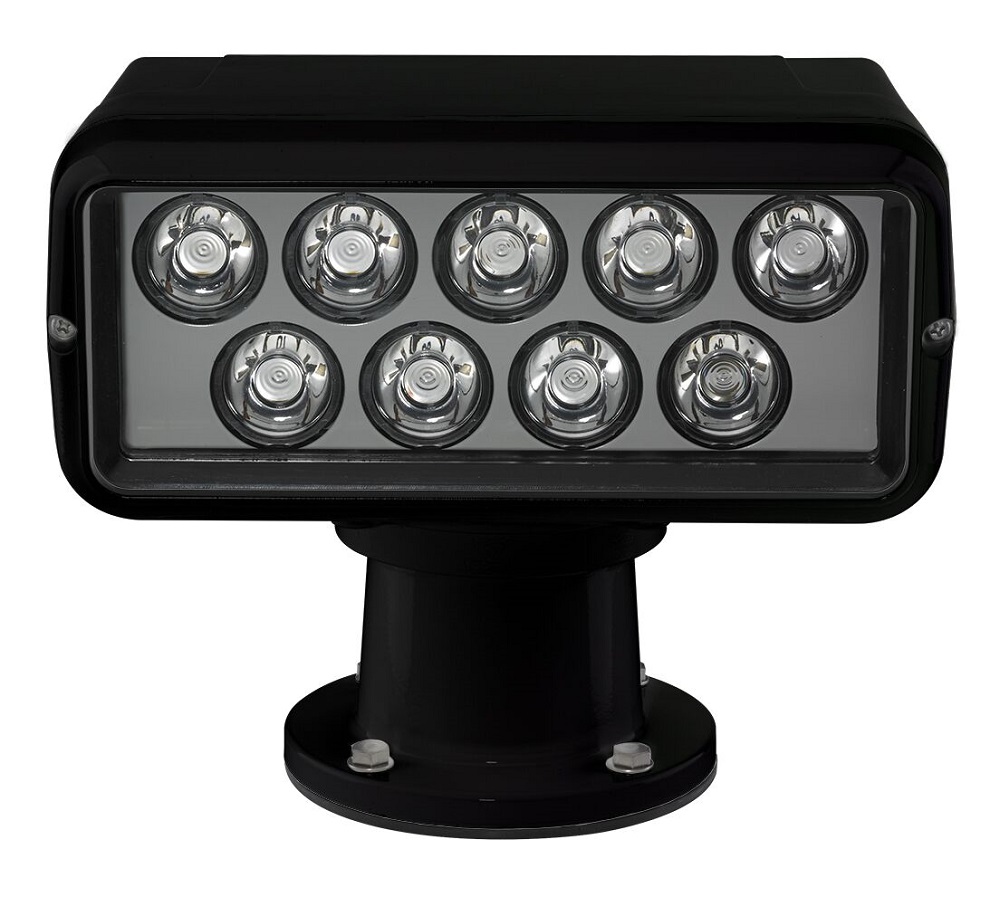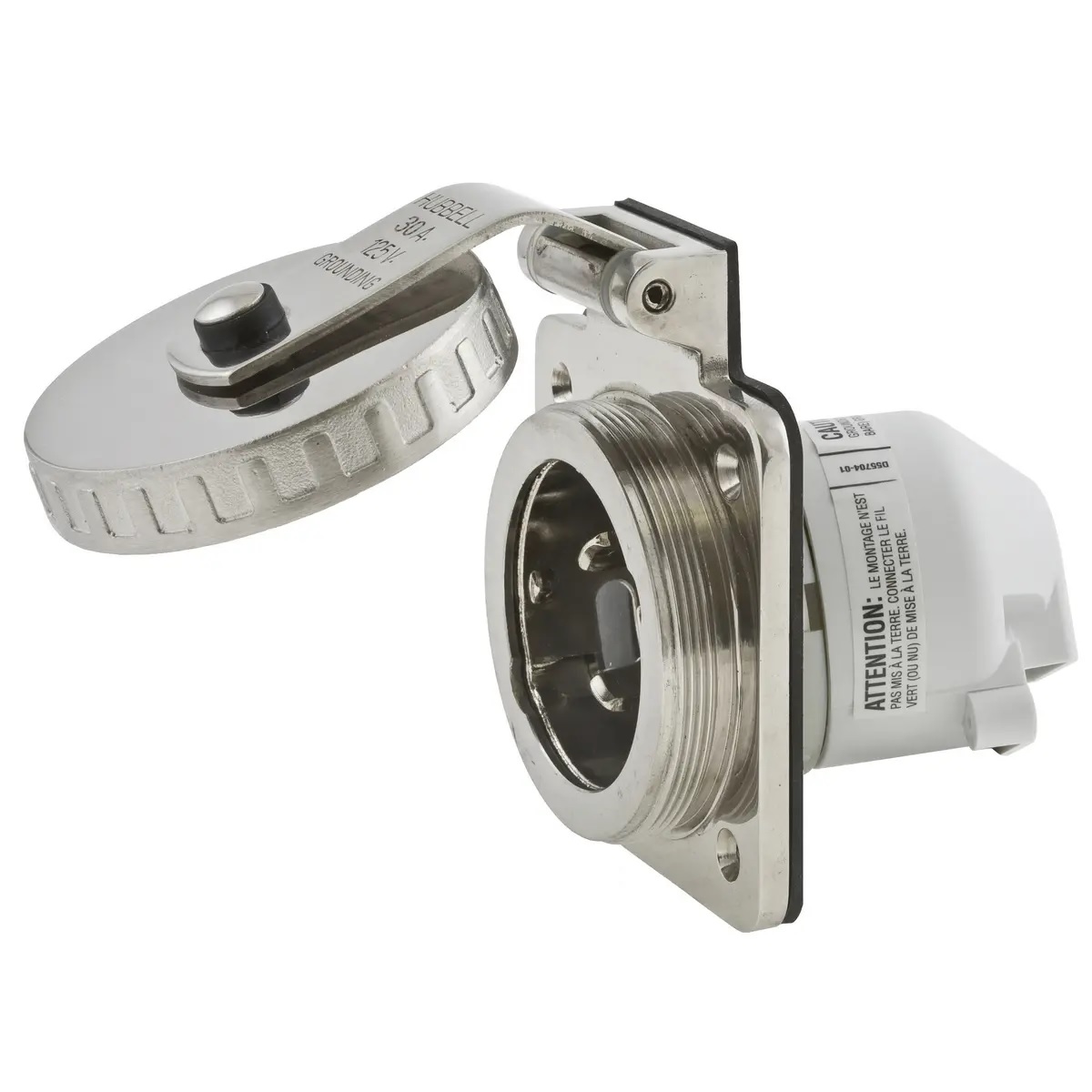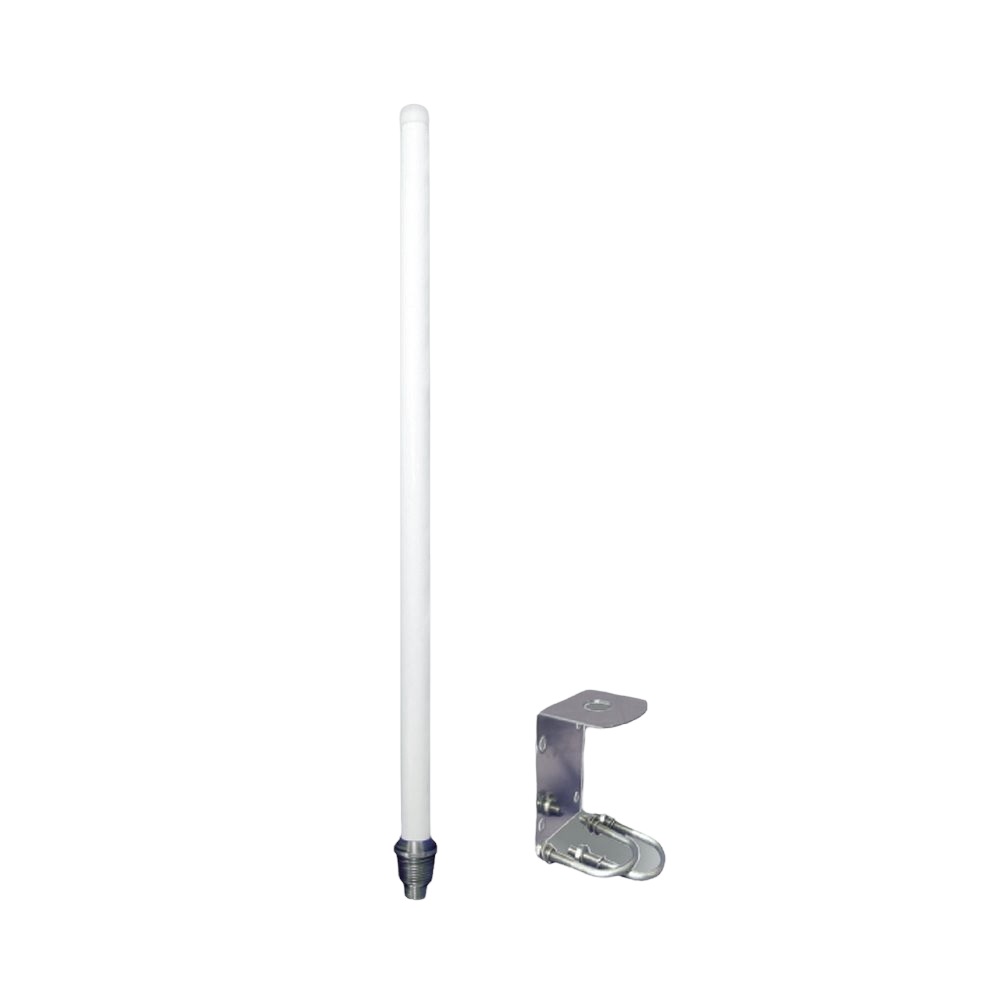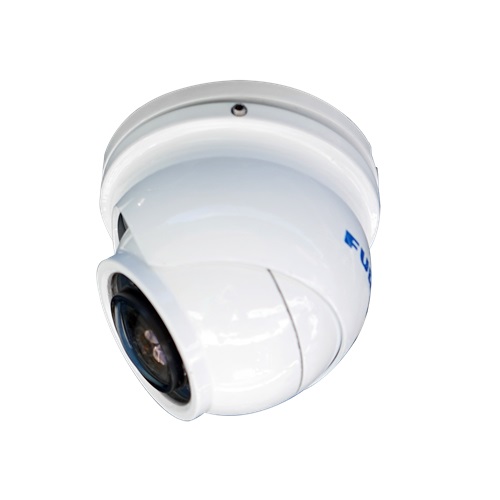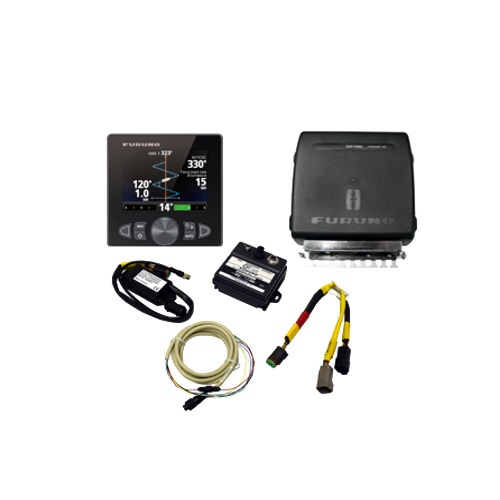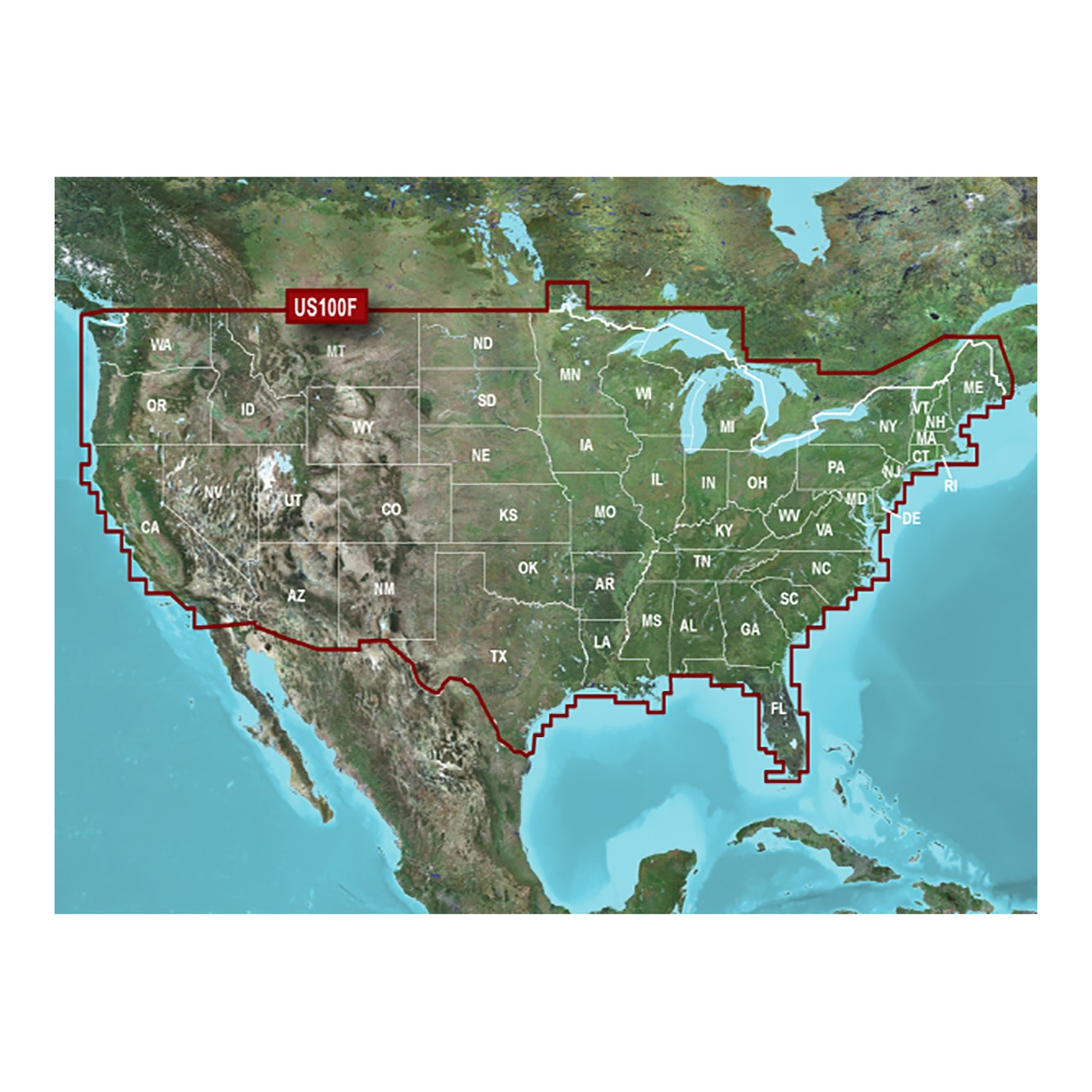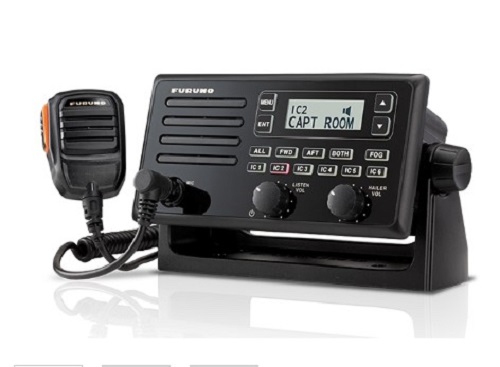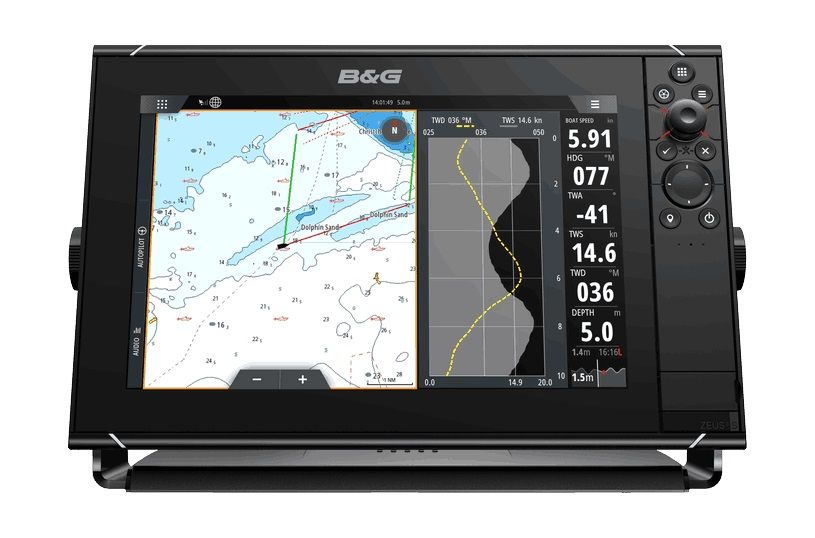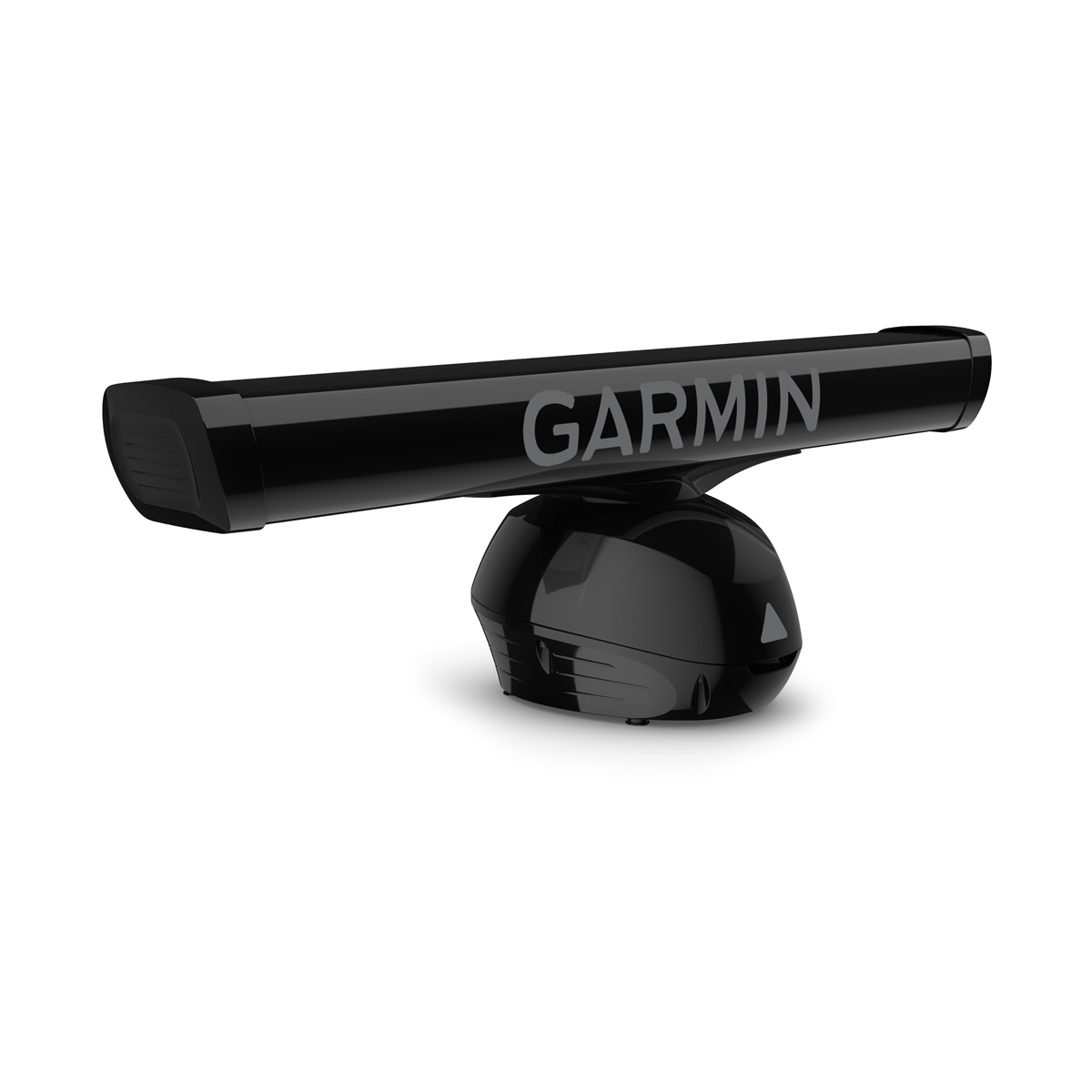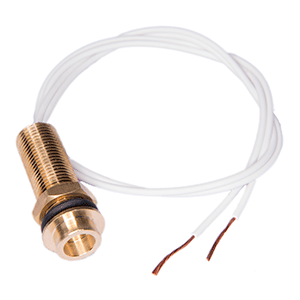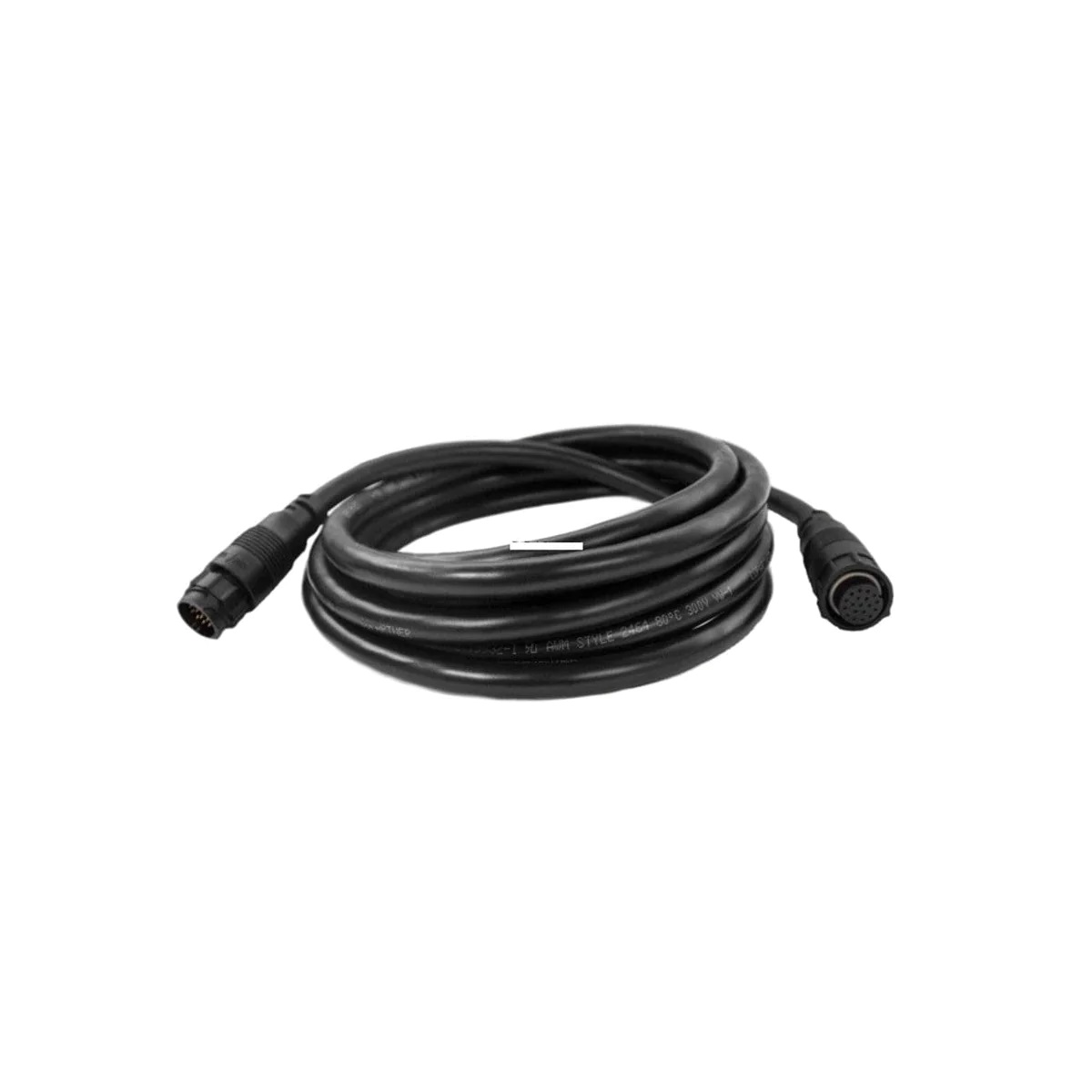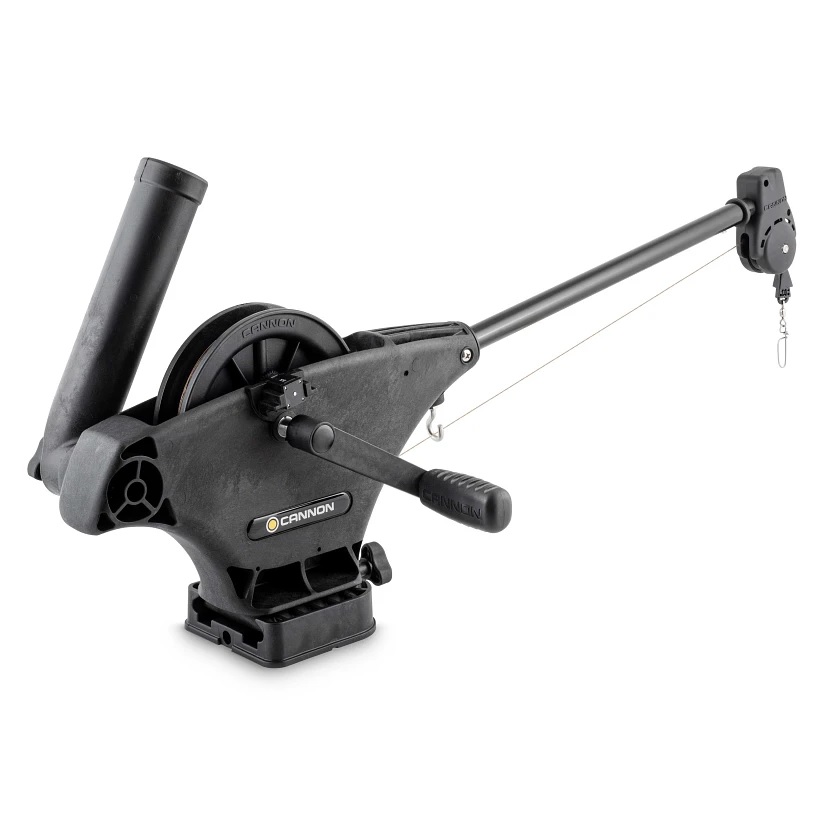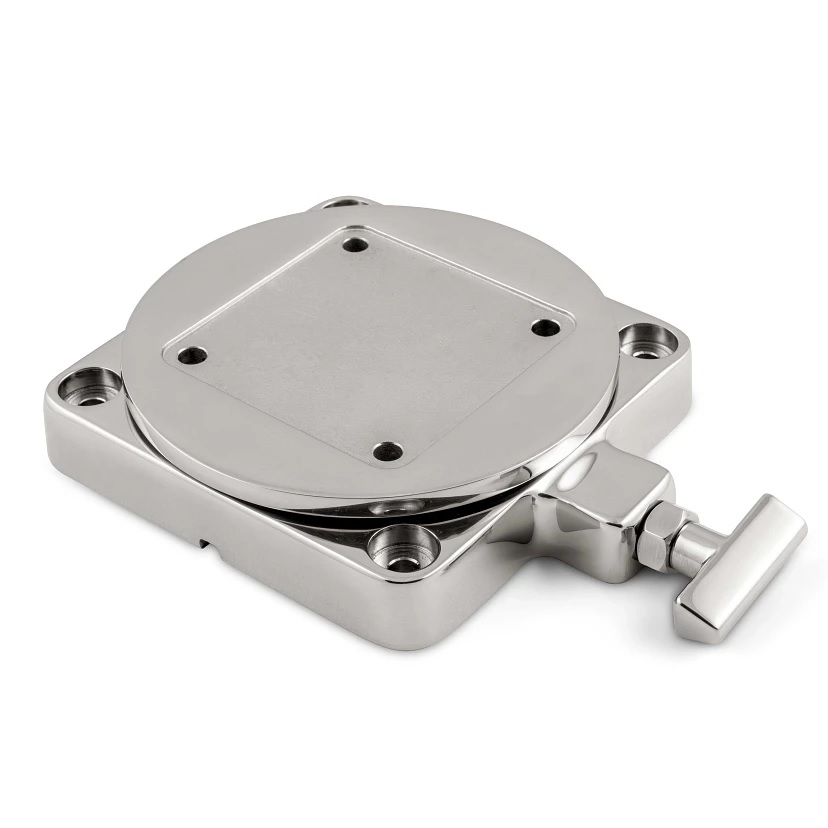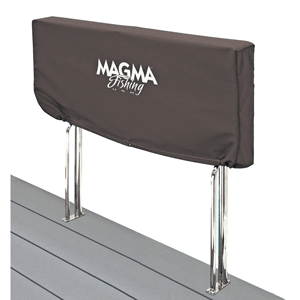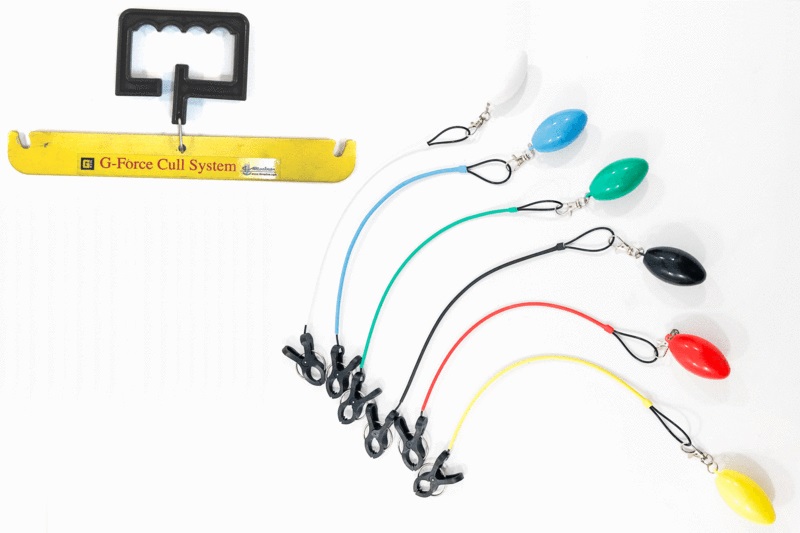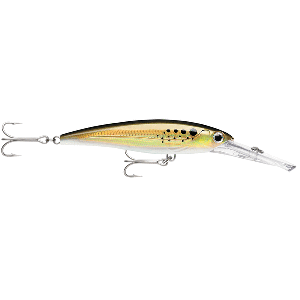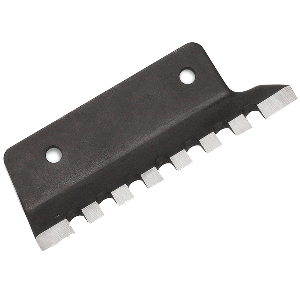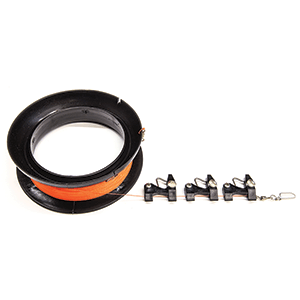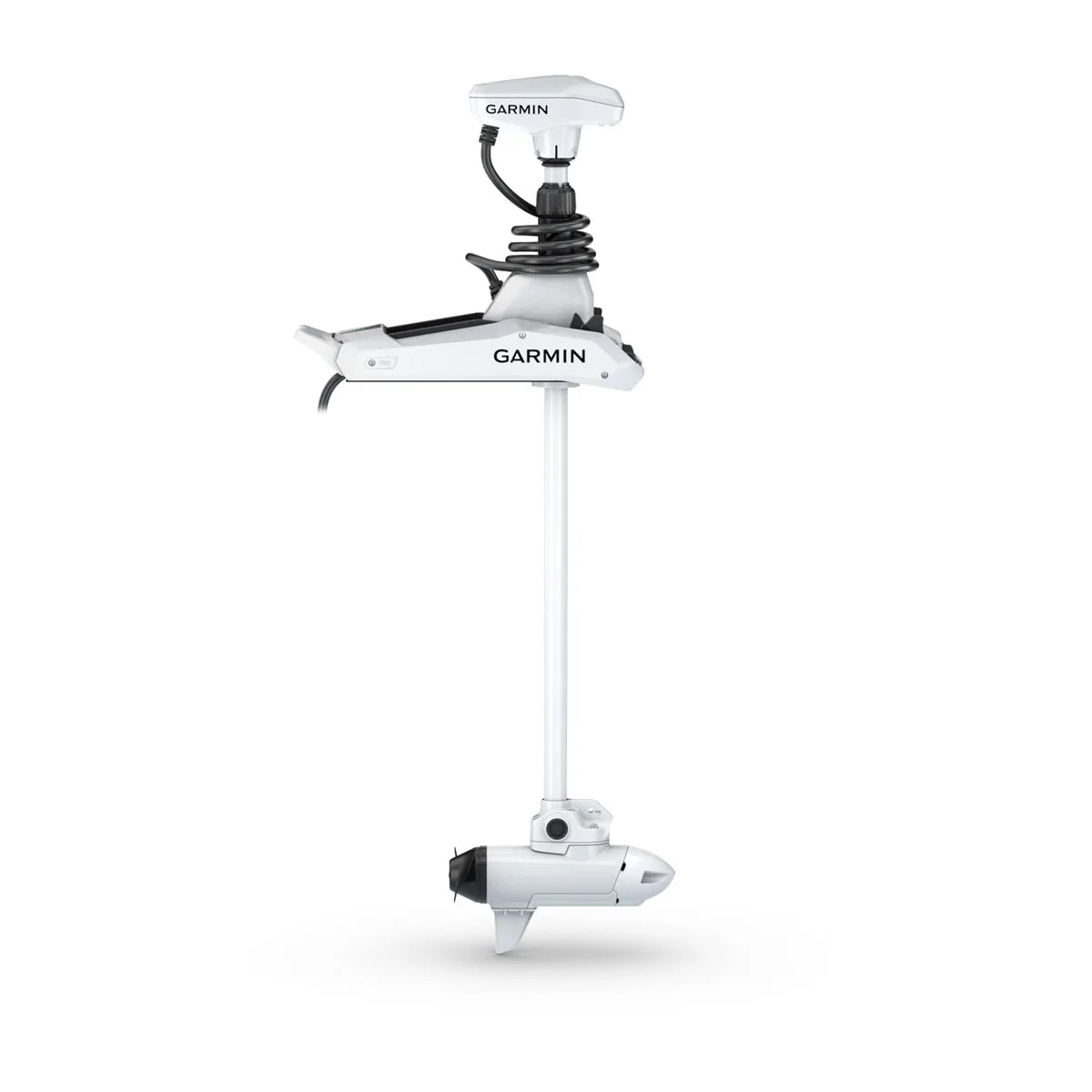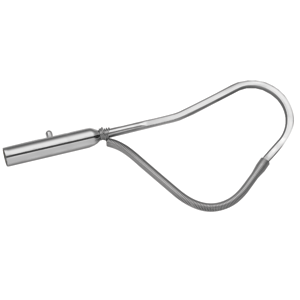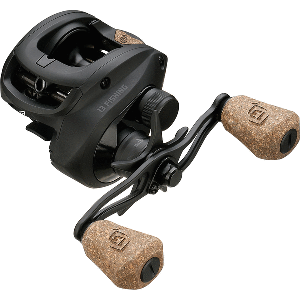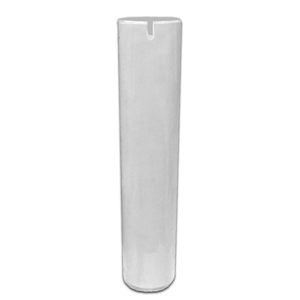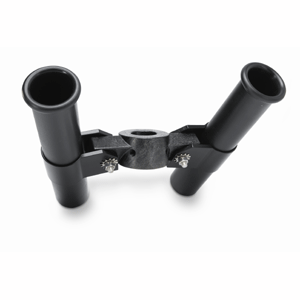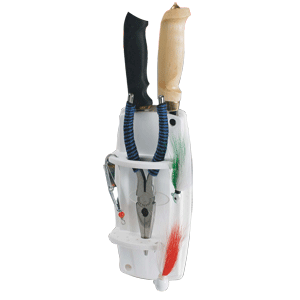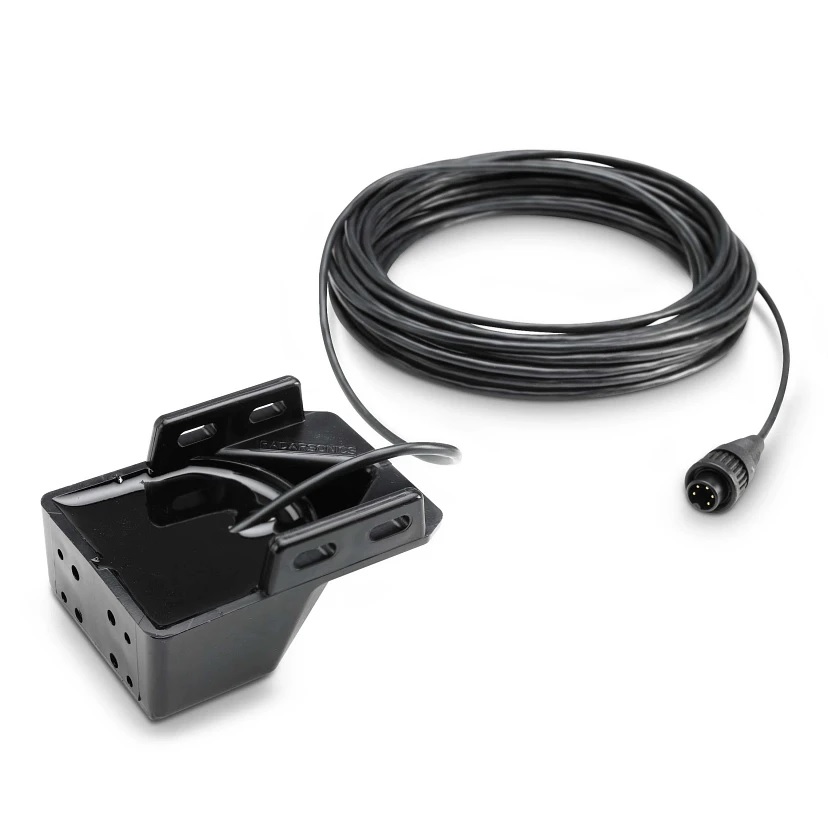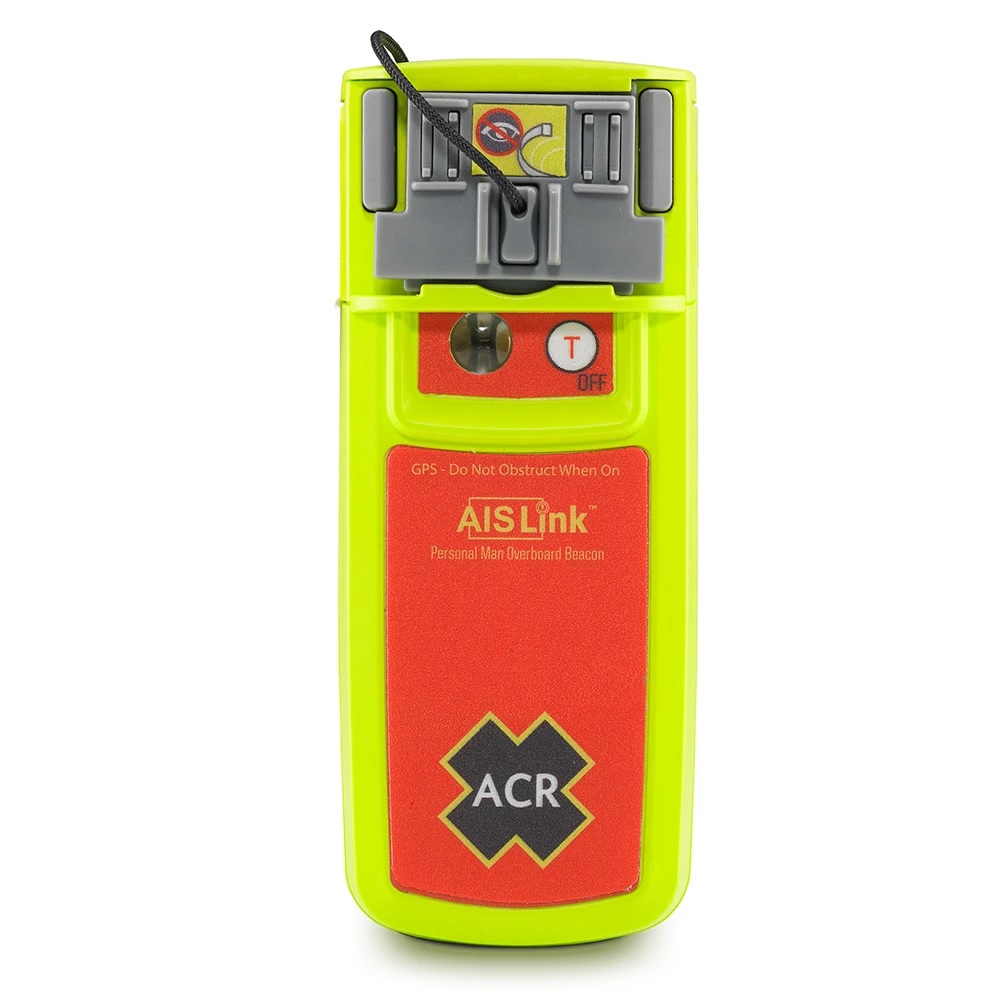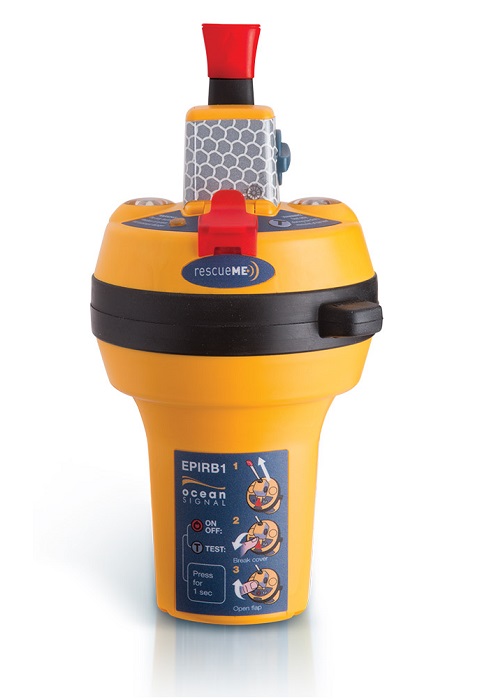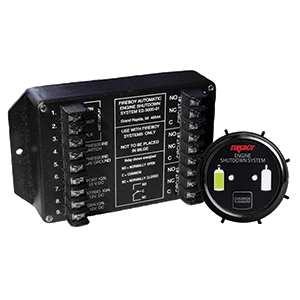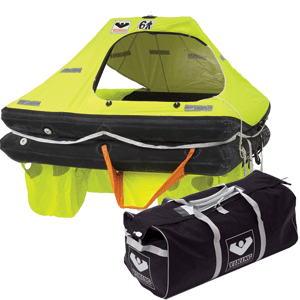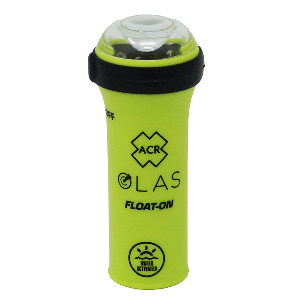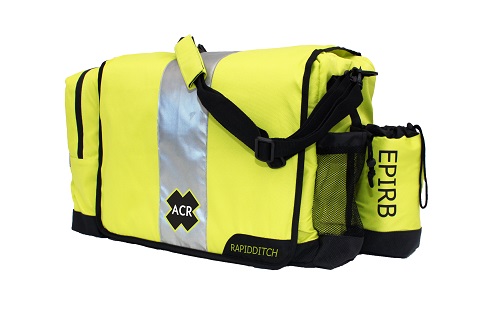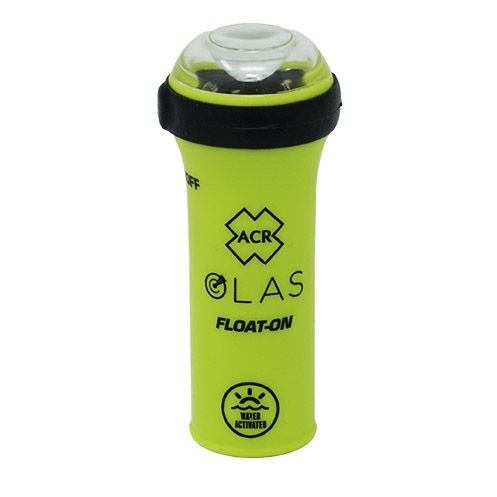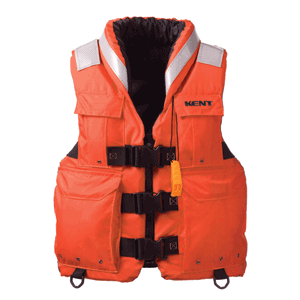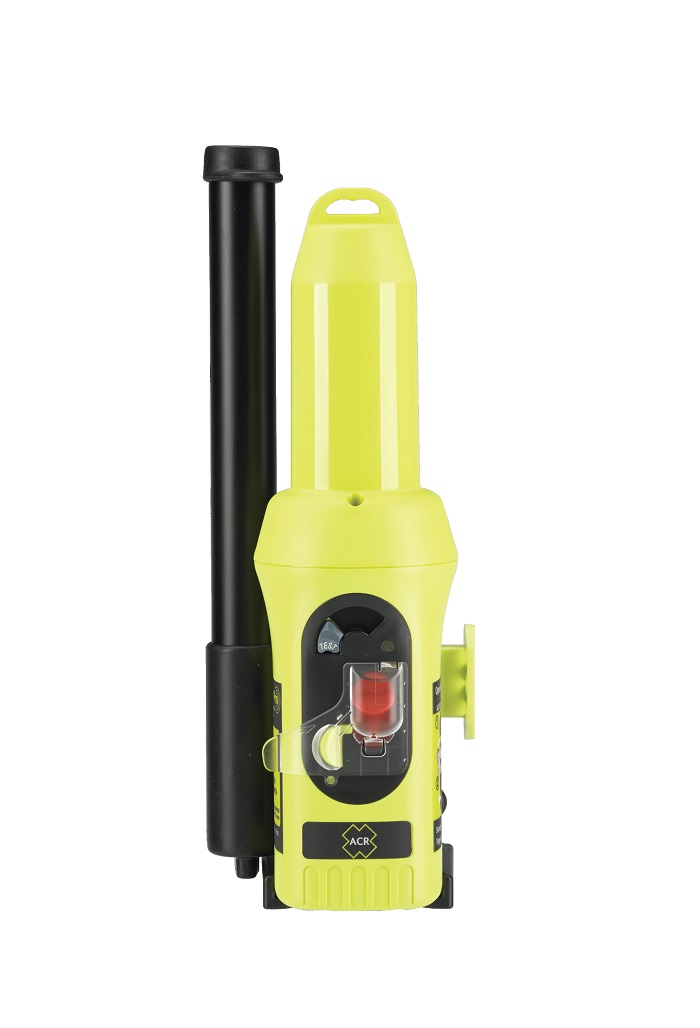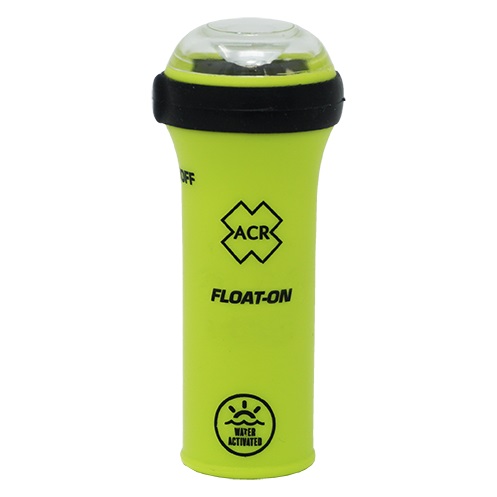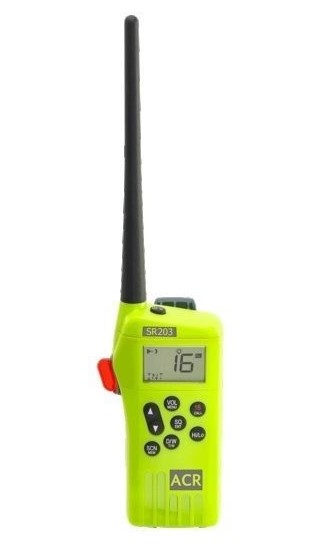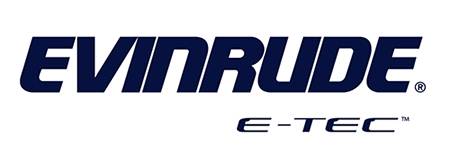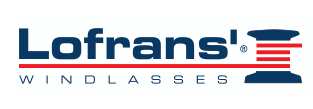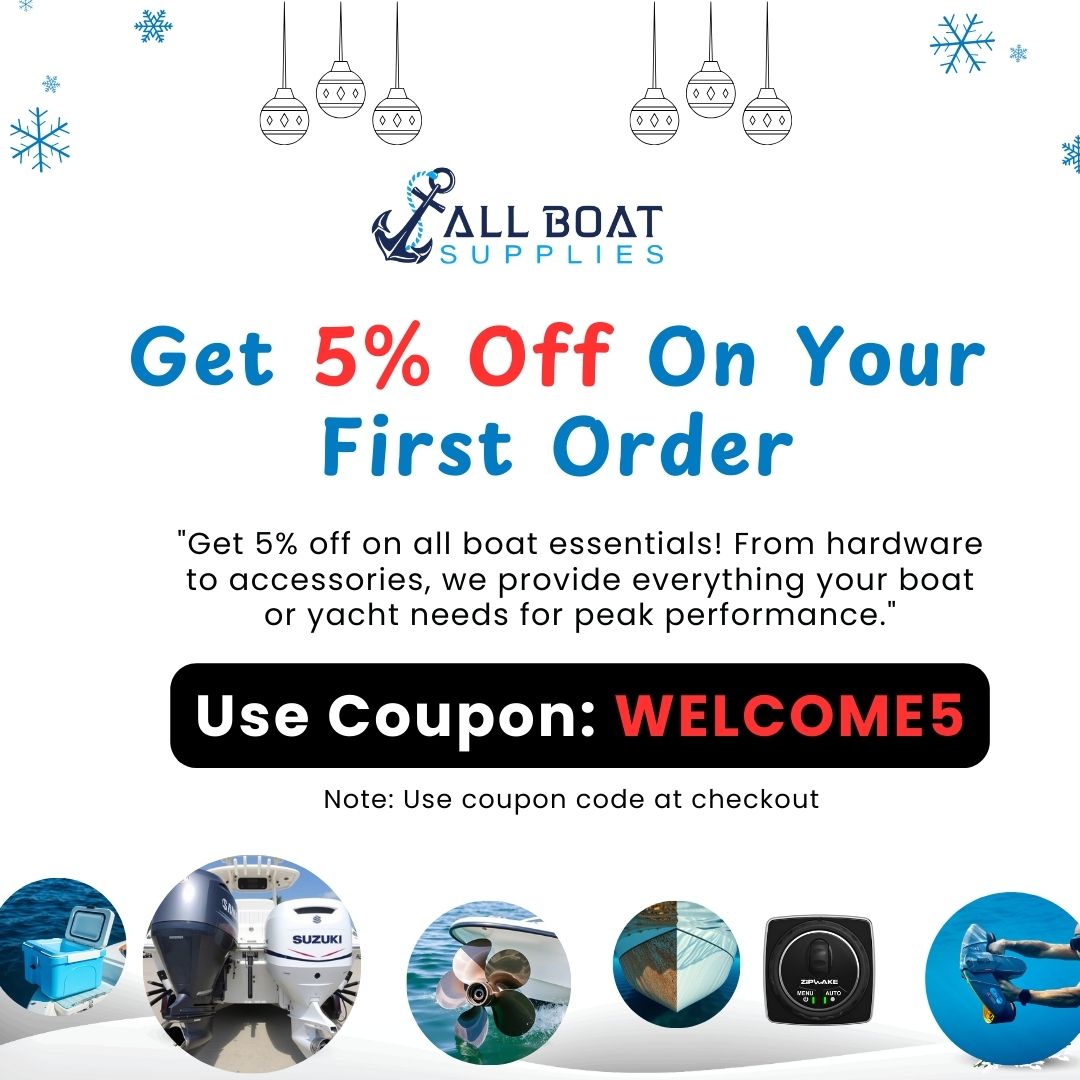Can a Boat Lower Unit Improve Fuel Efficiency?
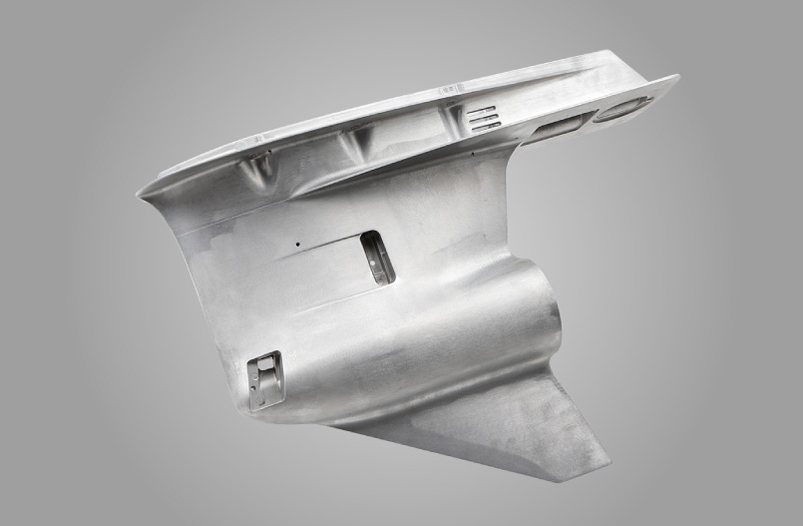
For expert advice and high-quality lower units designed to withstand water pressure, visit AllBoatSupplies.com and find the perfect solution for your boat today!
Introduction
Fuel efficiency is a top priority for boat owners, whether you’re cruising for leisure or running a commercial vessel. One often overlooked factor that directly impacts fuel consumption is the boat’s lower unit. But can a well-designed or properly maintained lower unit really improve fuel efficiency? Let’s dive into the science, practical tips, and what you need to know to get the most out of your engine without burning a hole in your pocket.
Understanding the Role of a Lower Unit in Fuel Efficiency
The lower unit, often referred to as the “gearcase,” is the component responsible for transferring the engine’s power to the propeller. Its design and condition have a significant impact on fuel usage. Here’s why:
- Smooth Power Transmission: A lower unit reduces energy loss during power transfer, ensuring more efficient propulsion.
- Optimized Propeller Performance: The lower unit’s gear ratio directly affects how the propeller performs, which in turn impacts fuel consumption.
- Hydrodynamic Design: A streamlined lower unit minimizes drag, allowing the boat to move more smoothly through water.
How the Lower Unit Improves Fuel Efficiency
1. Proper Gear Ratios Reduce Engine Strain
The gear ratio in the lower unit ensures the engine operates within its optimal RPM range. For example:
- A 2:1 gear ratio allows the engine to turn twice for every single rotation of the propeller.
- This reduces engine stress, enabling better fuel economy at cruising speeds.
2. Hydrodynamics Minimize Drag
A sleek and well-maintained lower unit cuts through water with minimal resistance. Damage, corrosion, or barnacle buildup increases drag, forcing the engine to work harder and consume more fuel.
3. Propeller Matching Matters
An efficient lower unit works hand-in-hand with the right propeller. Matching your propeller’s size and pitch with your lower unit ensures that your boat operates at peak efficiency, conserving fuel.
Key Features of a Fuel-Efficient Lower Unit
- Streamlined Design: Look for lower units with hydrodynamic shapes to reduce drag.
- Durable Materials: Corrosion-resistant materials (e.g., aluminum or stainless steel) ensure long-term efficiency, especially in saltwater environments.
- Two-Speed Options: Some modern lower units offer variable gear speeds, allowing for efficient cruising at low RPMs and higher performance when needed.
Practical Tips to Maximize Fuel Efficiency with Your Lower Unit
1. Regular Maintenance is Key
- Check for Wear and Tear: Inspect the lower unit for dents, cracks, or debris buildup.
- Lubricate Gears: Proper lubrication reduces internal friction, enhancing efficiency.
- Replace Seals: Worn seals can let water into the gearcase, increasing resistance.
2. Choose the Right Propeller
The propeller’s diameter and pitch must complement your lower unit. A high-pitch propeller suits fast boats, while a low-pitch propeller is better for towing and heavy loads.
3. Avoid Overloading the Boat
Excessive weight forces the lower unit to work harder, leading to higher fuel consumption. Keep your boat light for maximum efficiency.
4. Upgrade to Modern Gear Systems
Investing in advanced lower units with precision-engineered gear systems can significantly reduce fuel usage. While the upfront cost may be higher, the savings on fuel in the long run are worth it.
Signs Your Lower Unit Might Be Hurting Fuel Efficiency
- Increased Fuel Consumption: If you notice your boat consuming more fuel than usual, the lower unit might need maintenance.
- Unusual Noises: Grinding or whining noises could indicate worn-out gears, increasing drag and fuel consumption.
- Reduced Speed at Higher RPMs: If the engine struggles to reach its usual speed, the lower unit might be underperforming.
When to Replace Your Lower Unit
If regular maintenance doesn’t resolve efficiency issues, consider replacing the lower unit. Modern options often come with improved designs, such as corrosion-resistant materials, better hydrodynamics, and optimized gear ratios. Consult a marine technician to find a unit that suits your boat’s specifications.
Benefits of an Efficient Lower Unit
- Reduced Fuel Costs: Save on fuel over time with smoother operation.
- Extended Engine Life: Lower strain means your engine lasts longer.
- Environmentally Friendly: Less fuel consumption means a smaller carbon footprint.
Conclusion
A well-designed and properly maintained lower unit can significantly improve fuel efficiency. By optimizing gear ratios, reducing drag, and pairing with the right propeller, you can enjoy smoother rides and save on fuel costs. Stay on top of regular inspections and consider upgrading if needed. Make the most of your boat while keeping your wallet and the environment happy!
